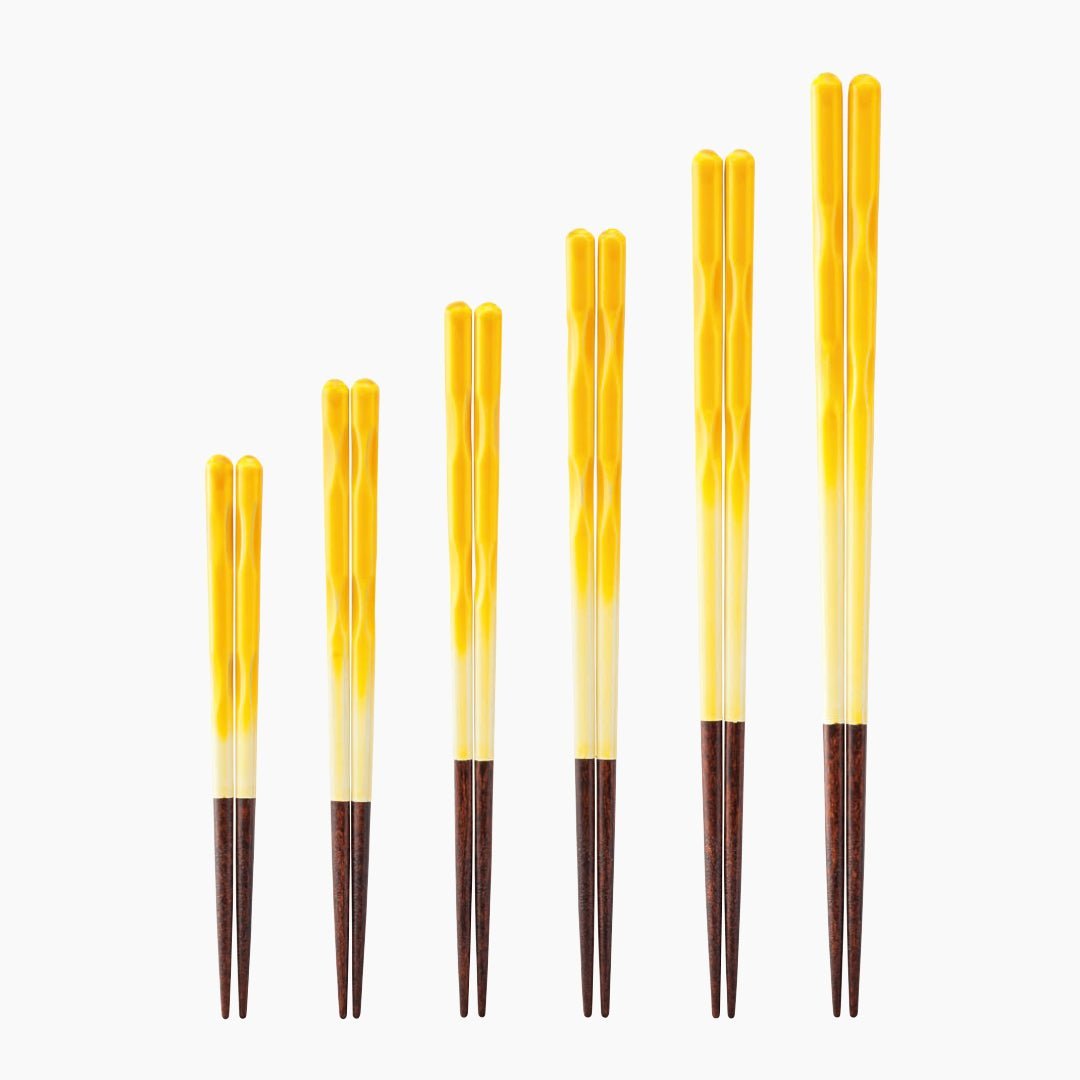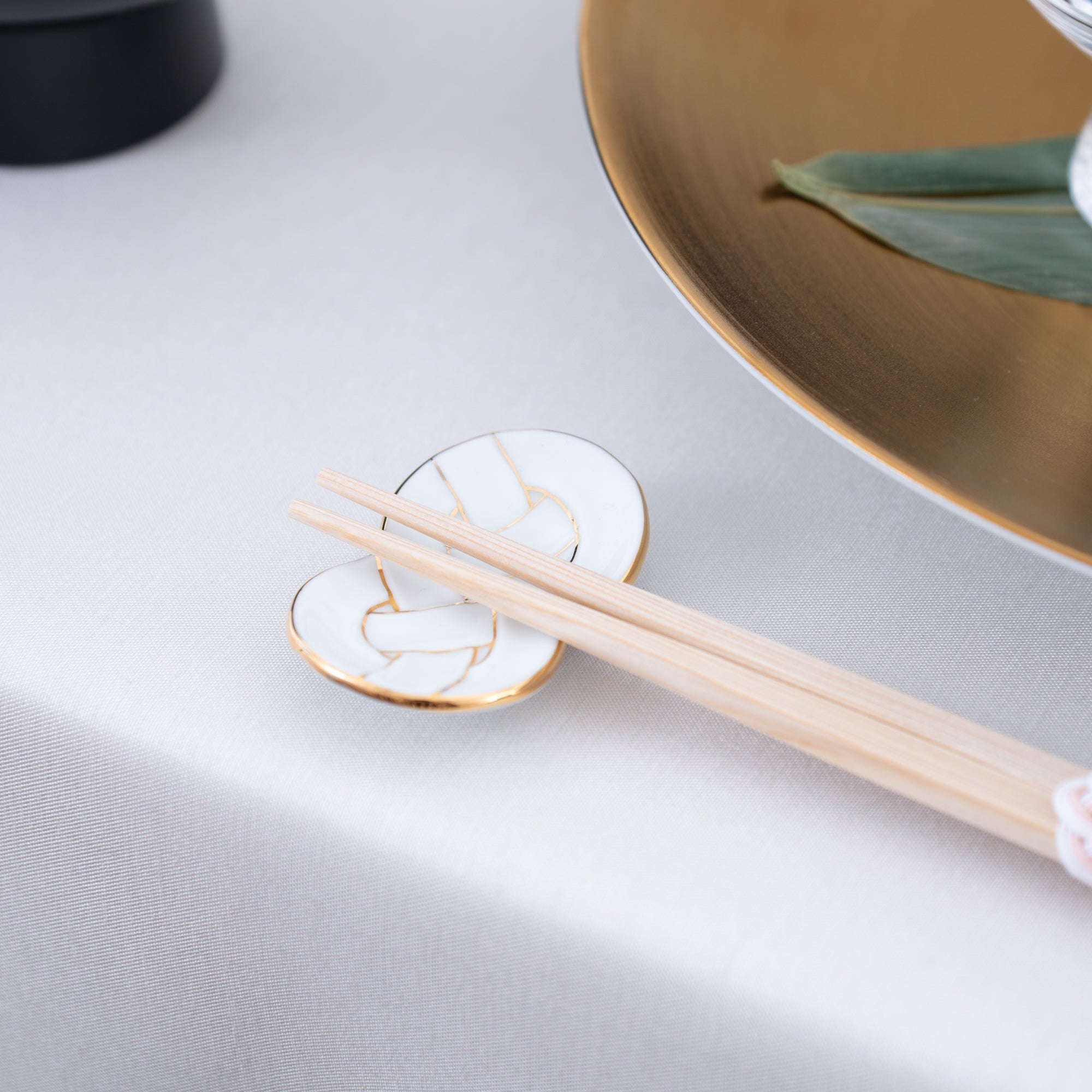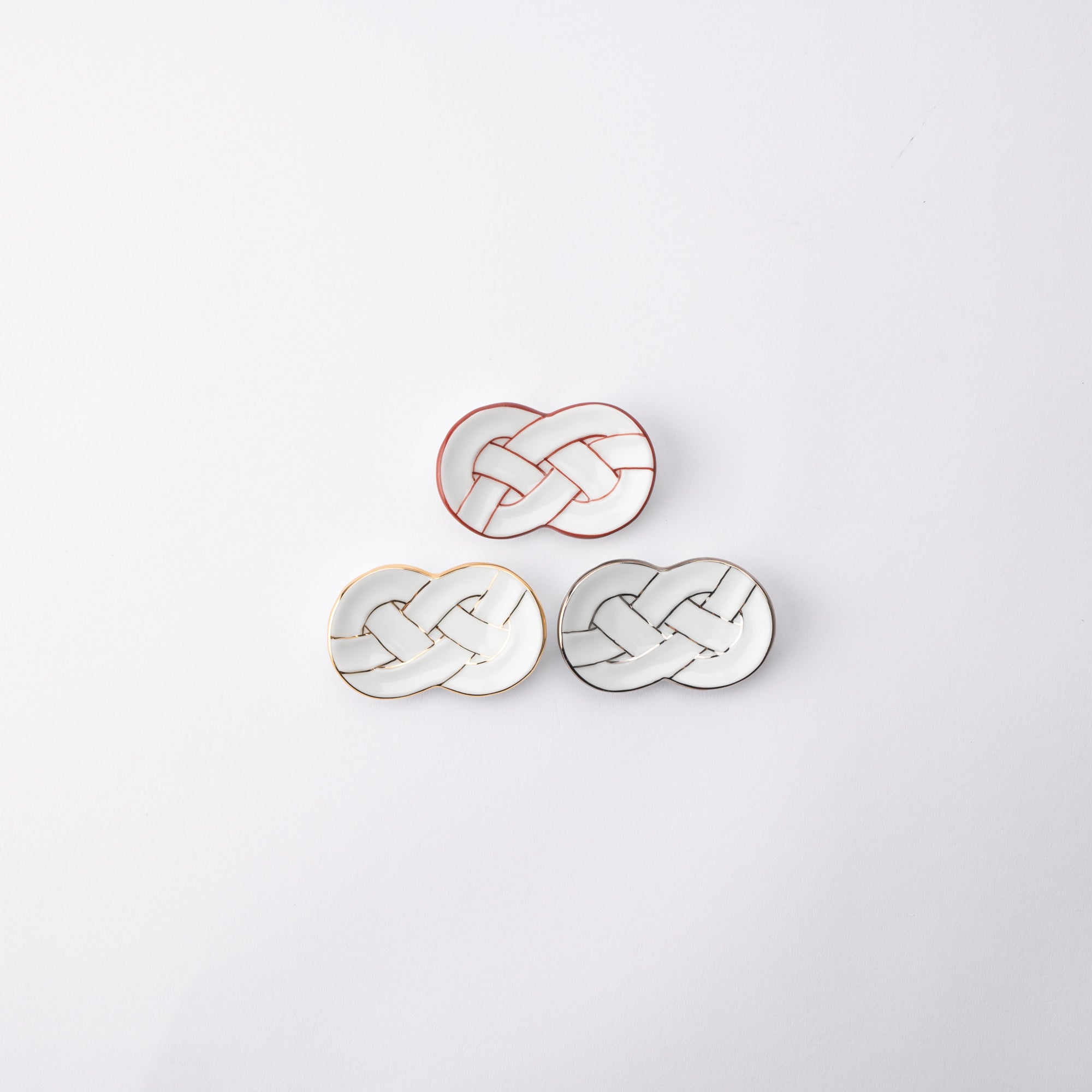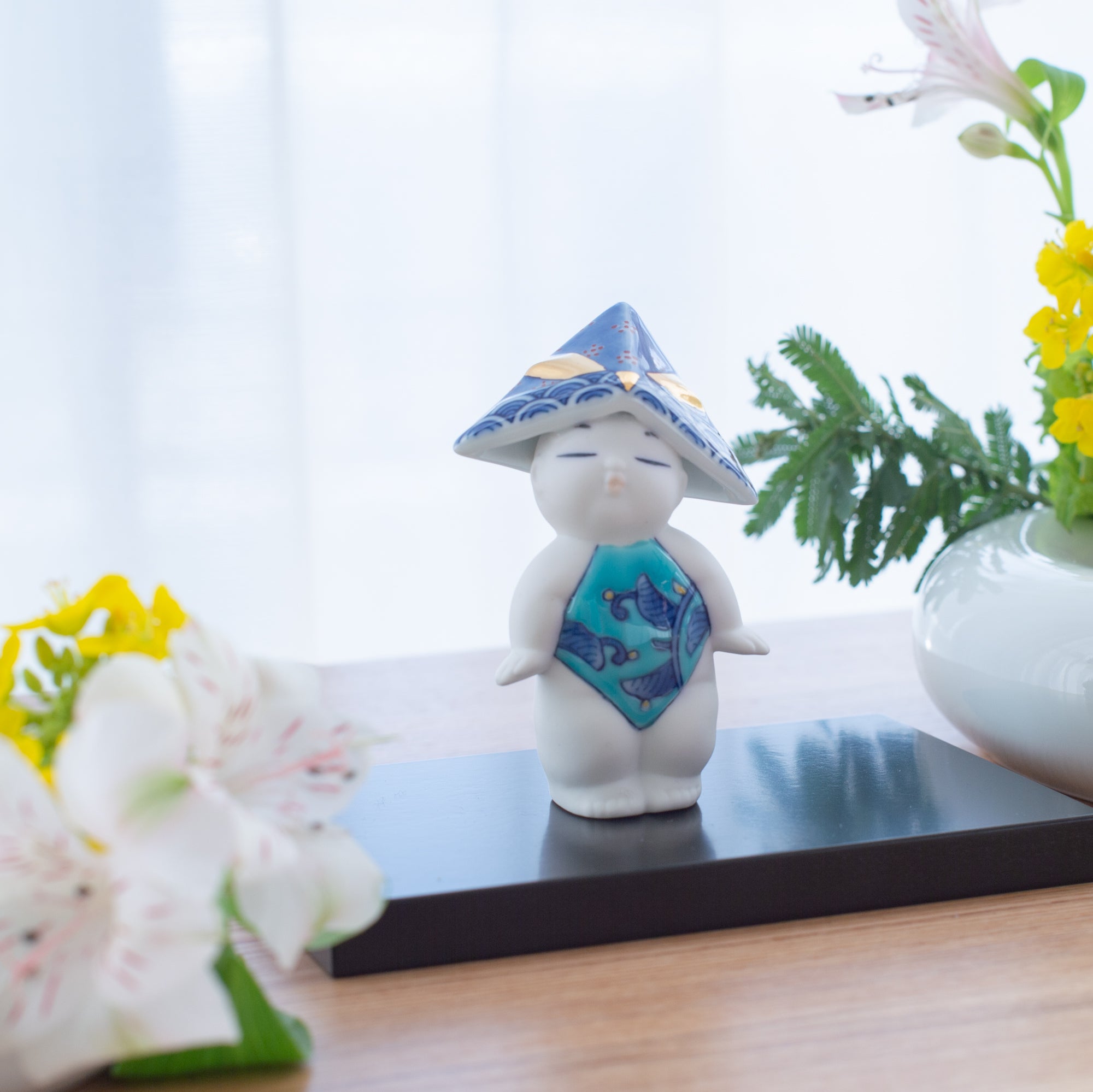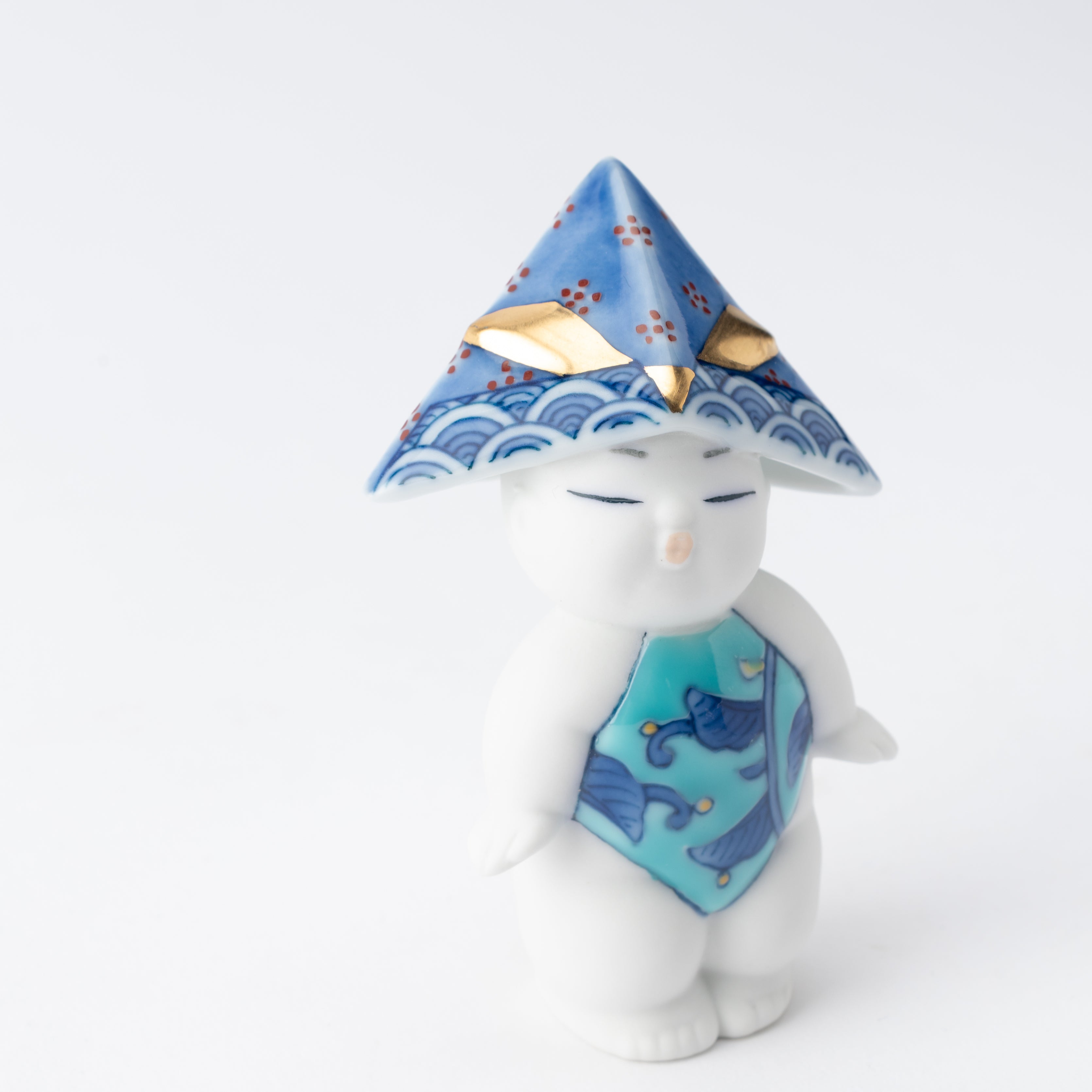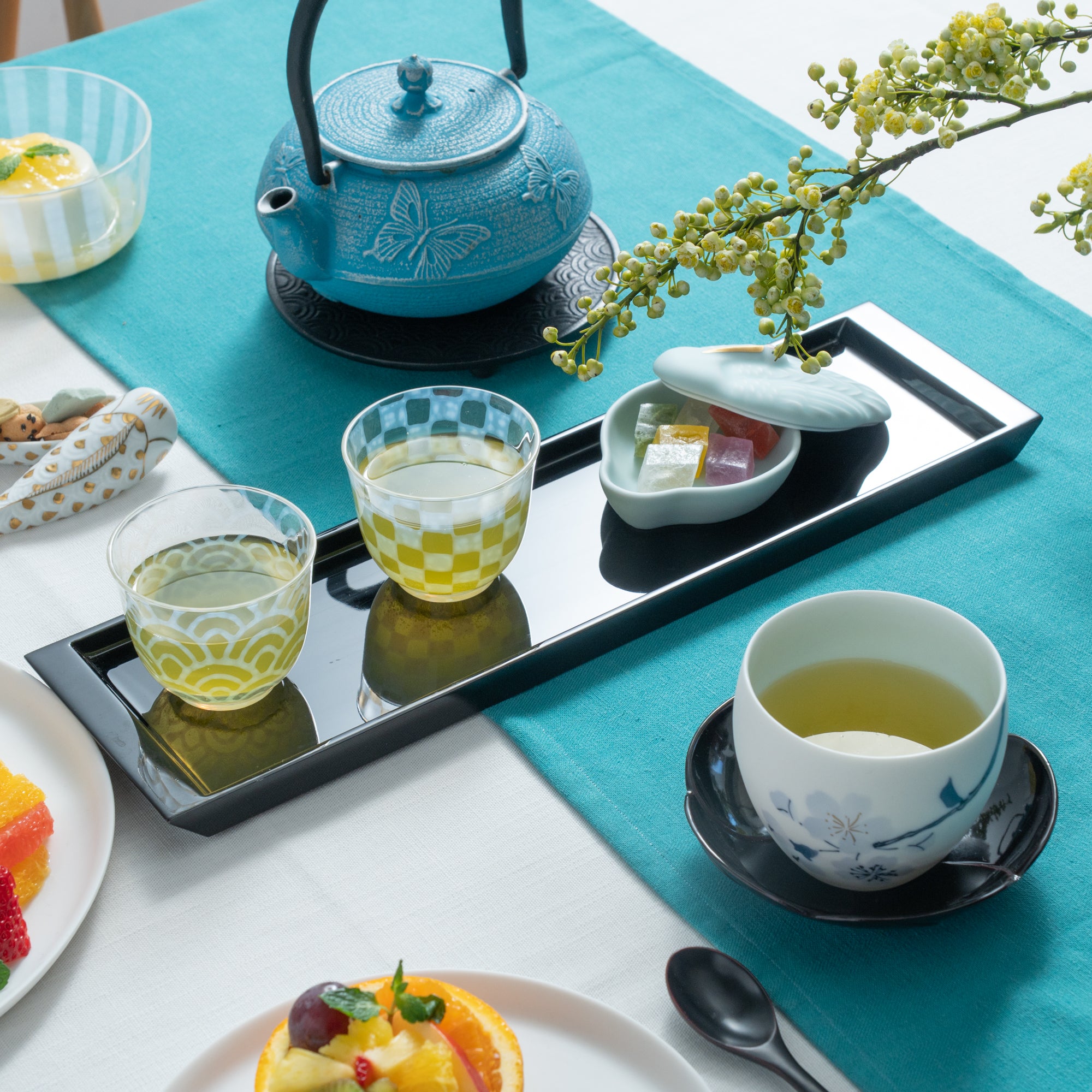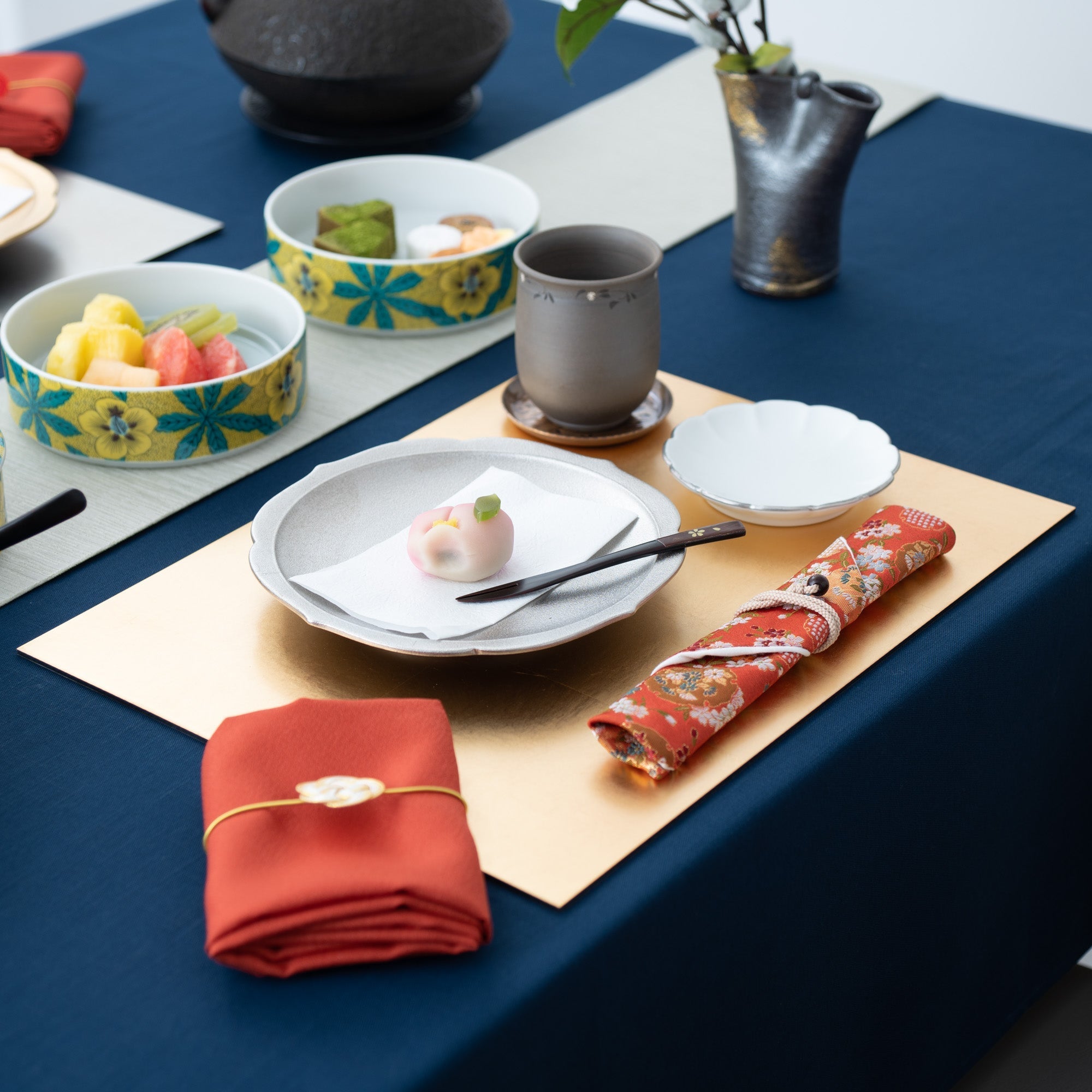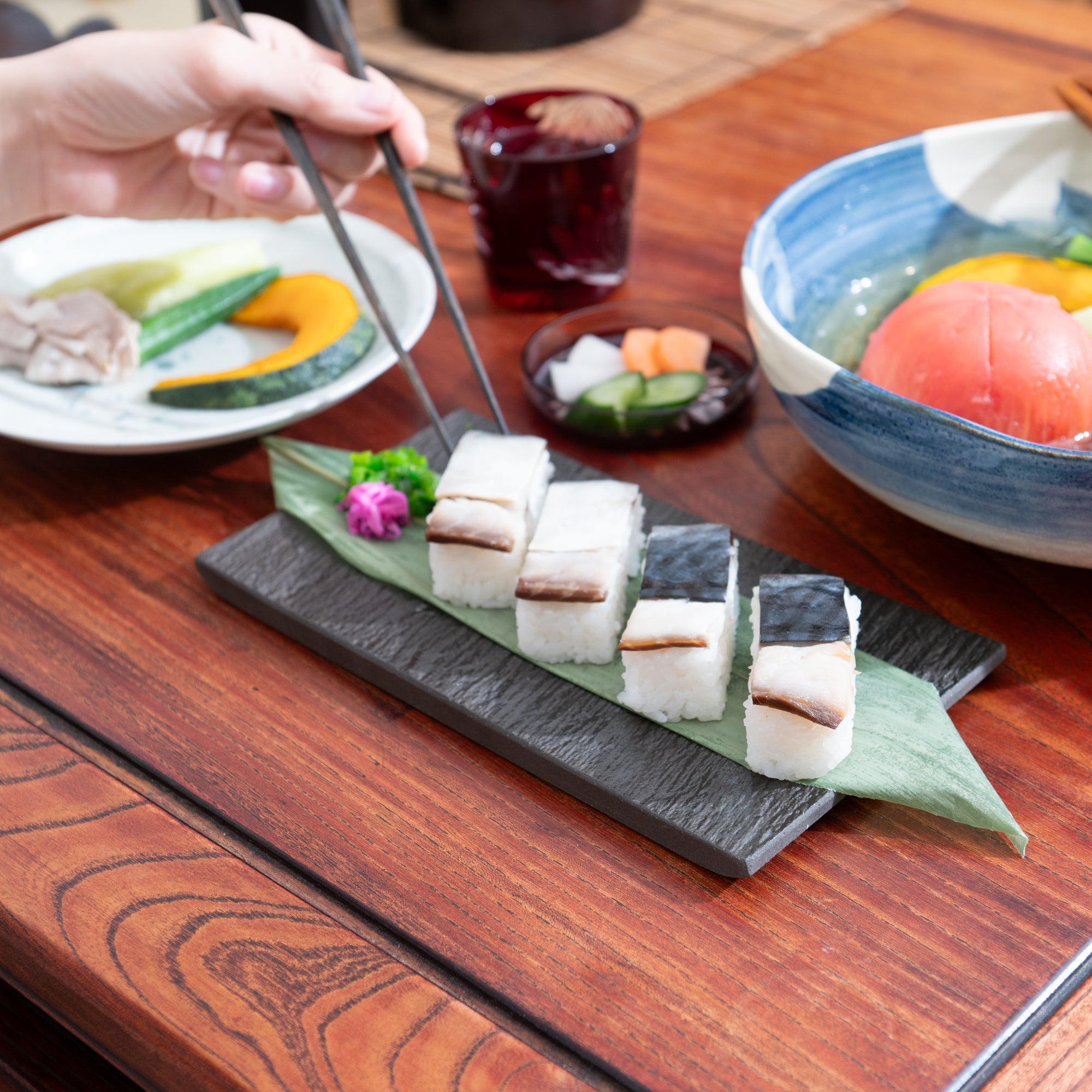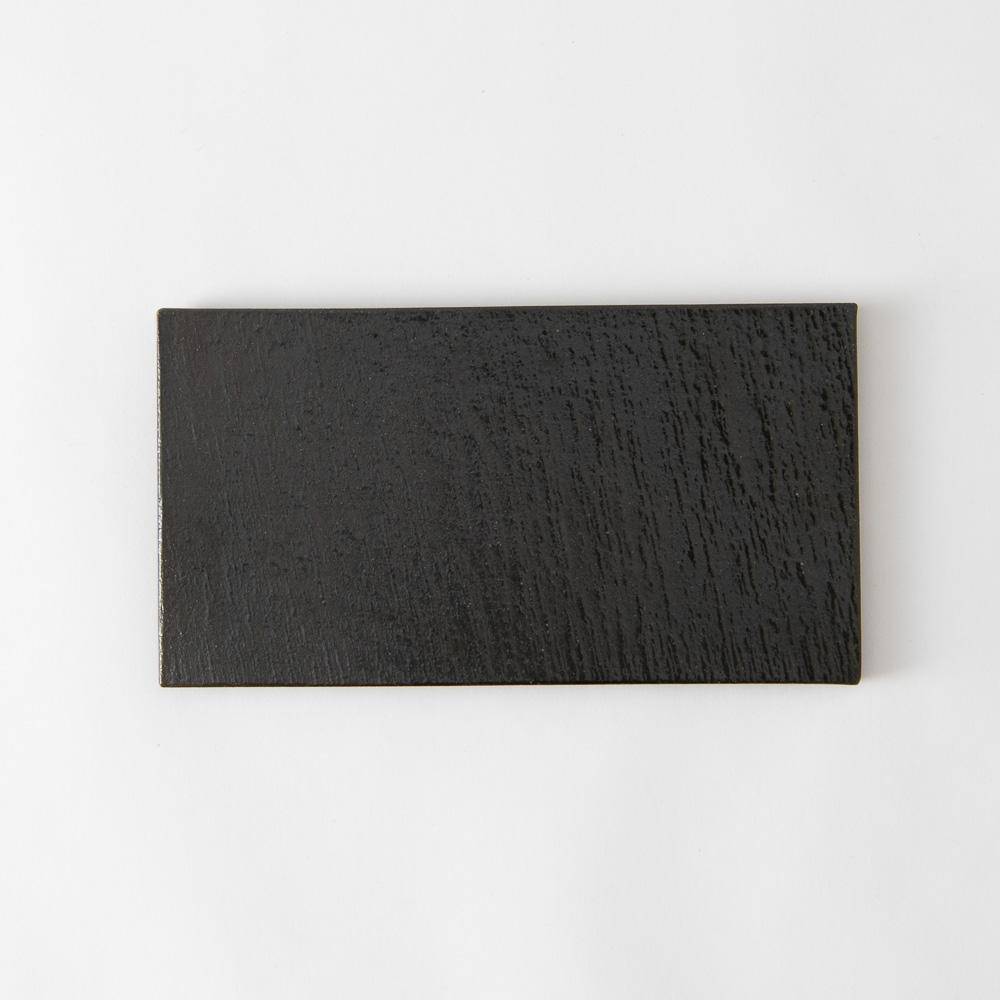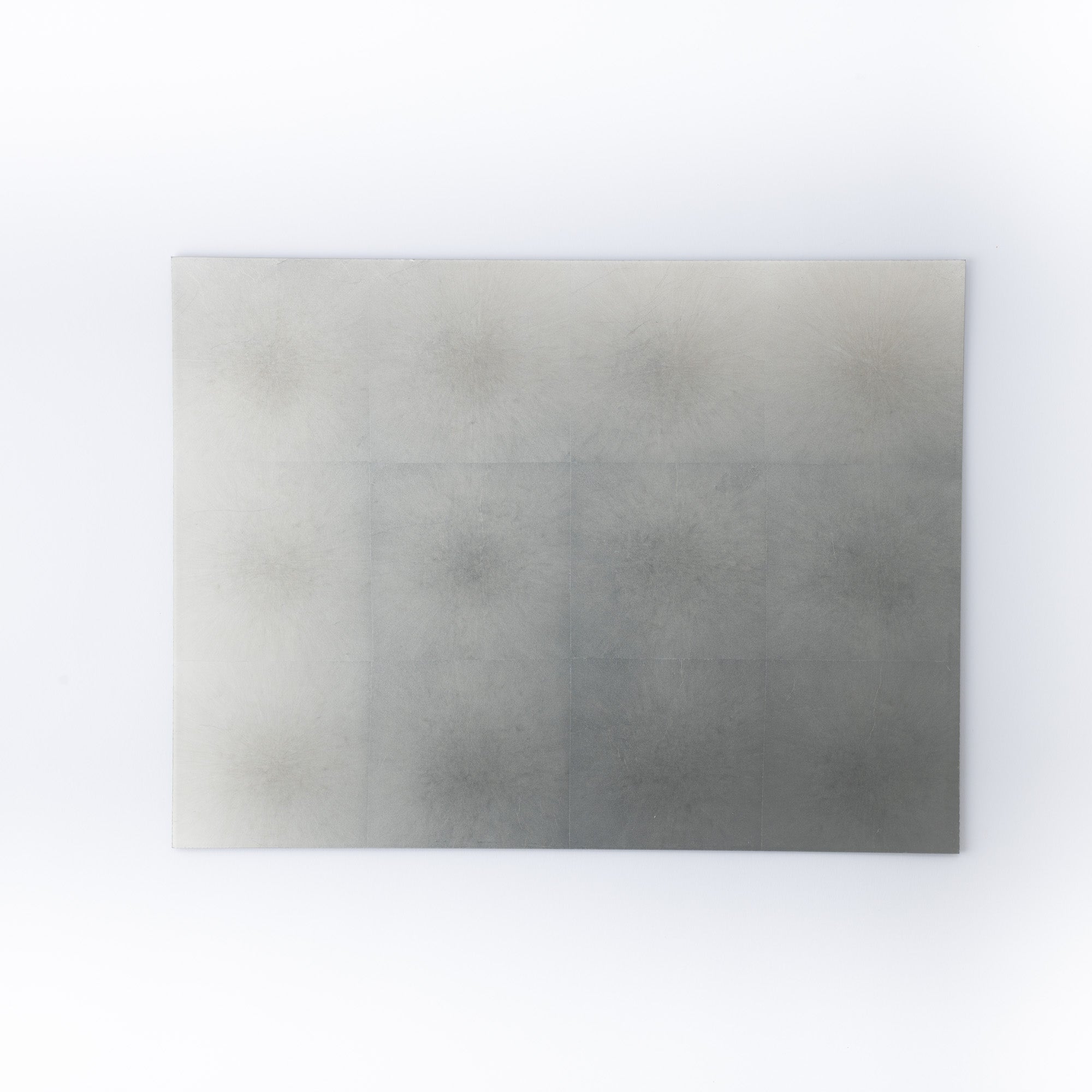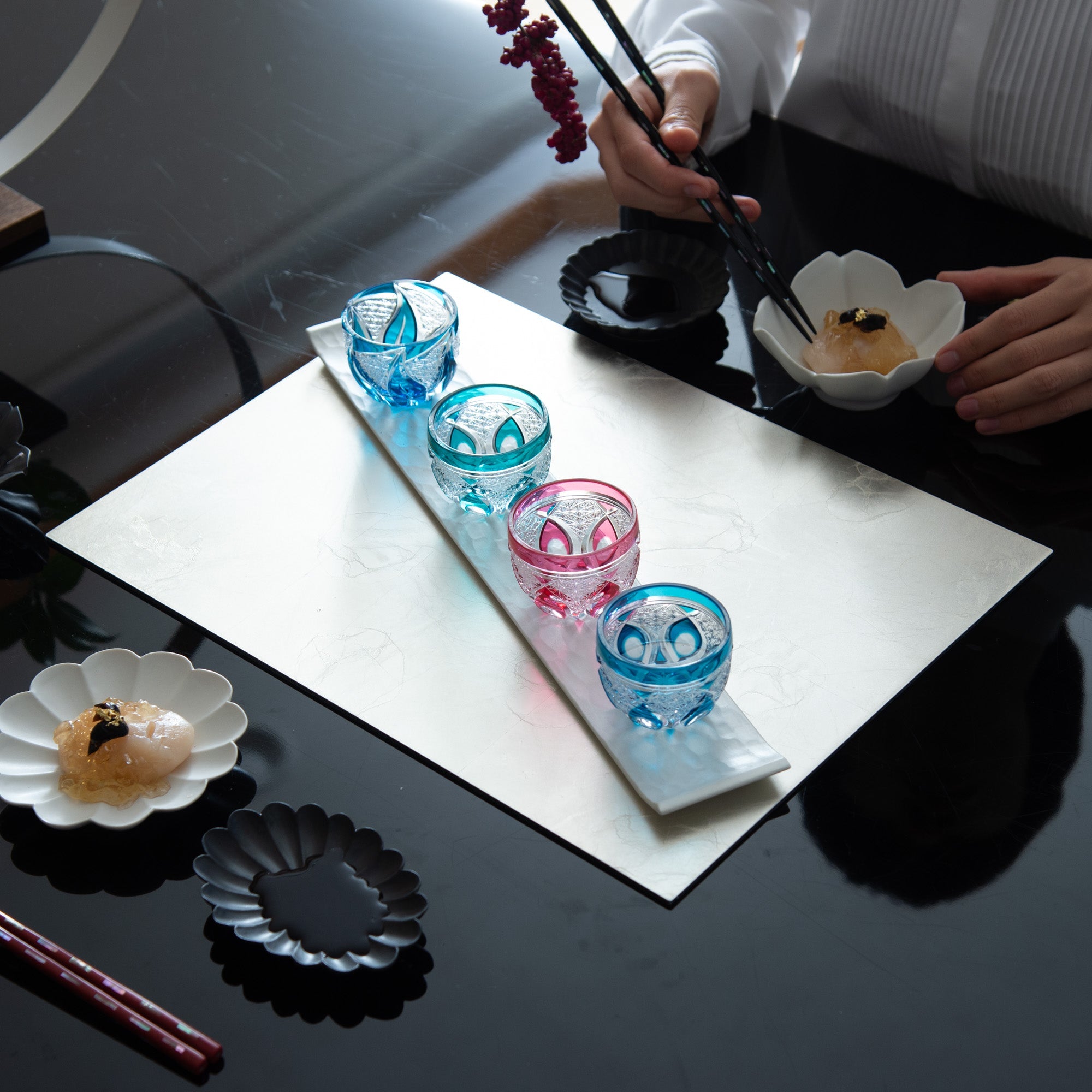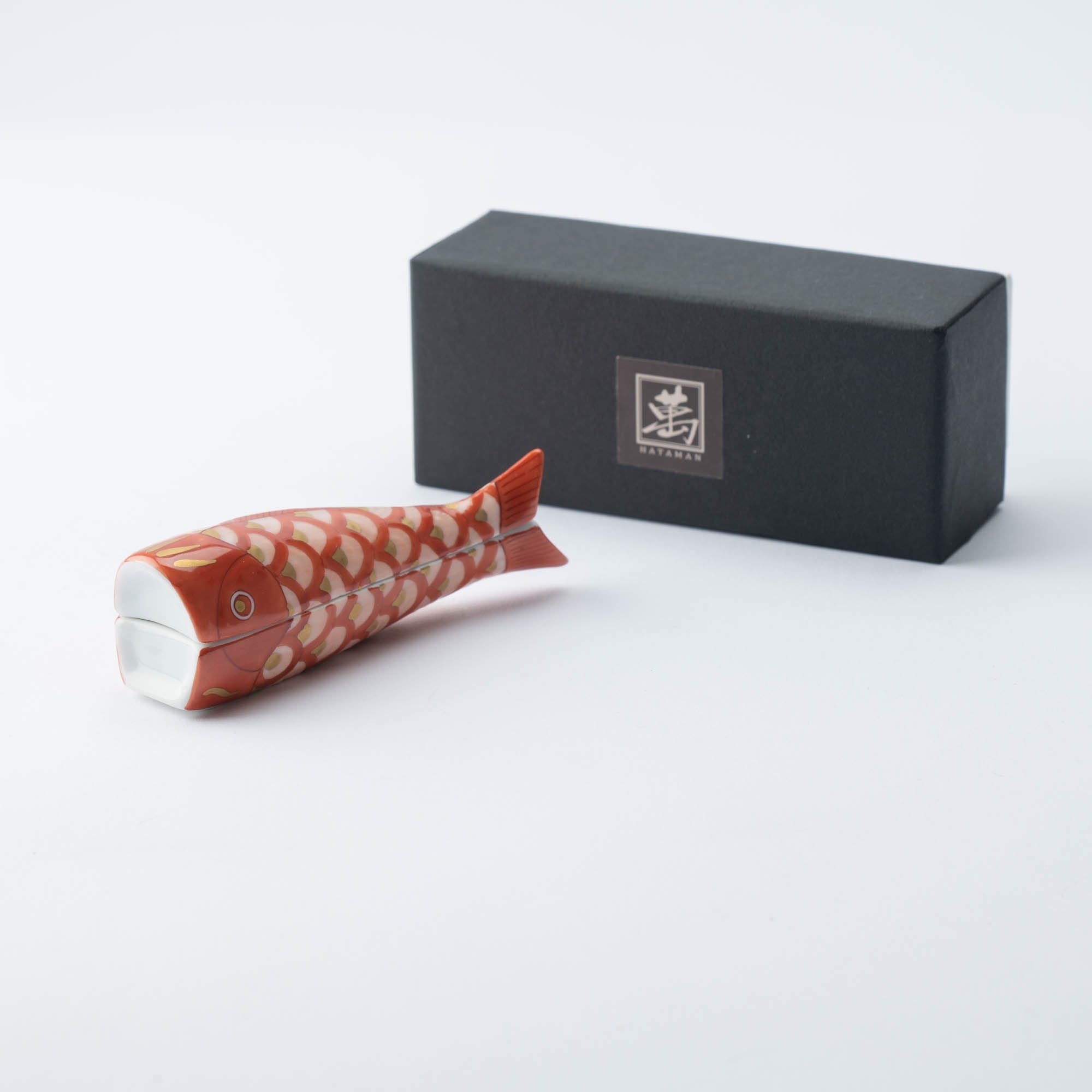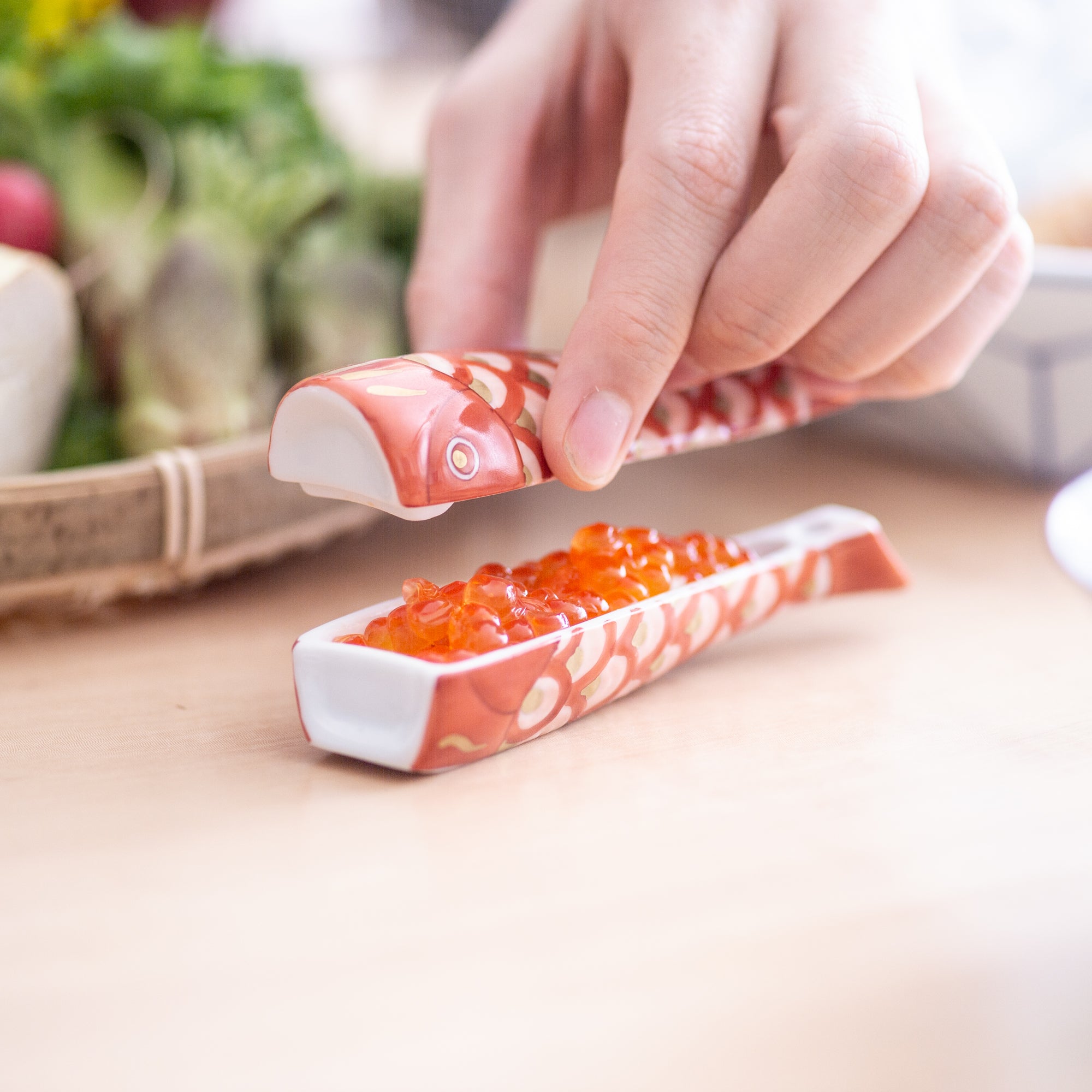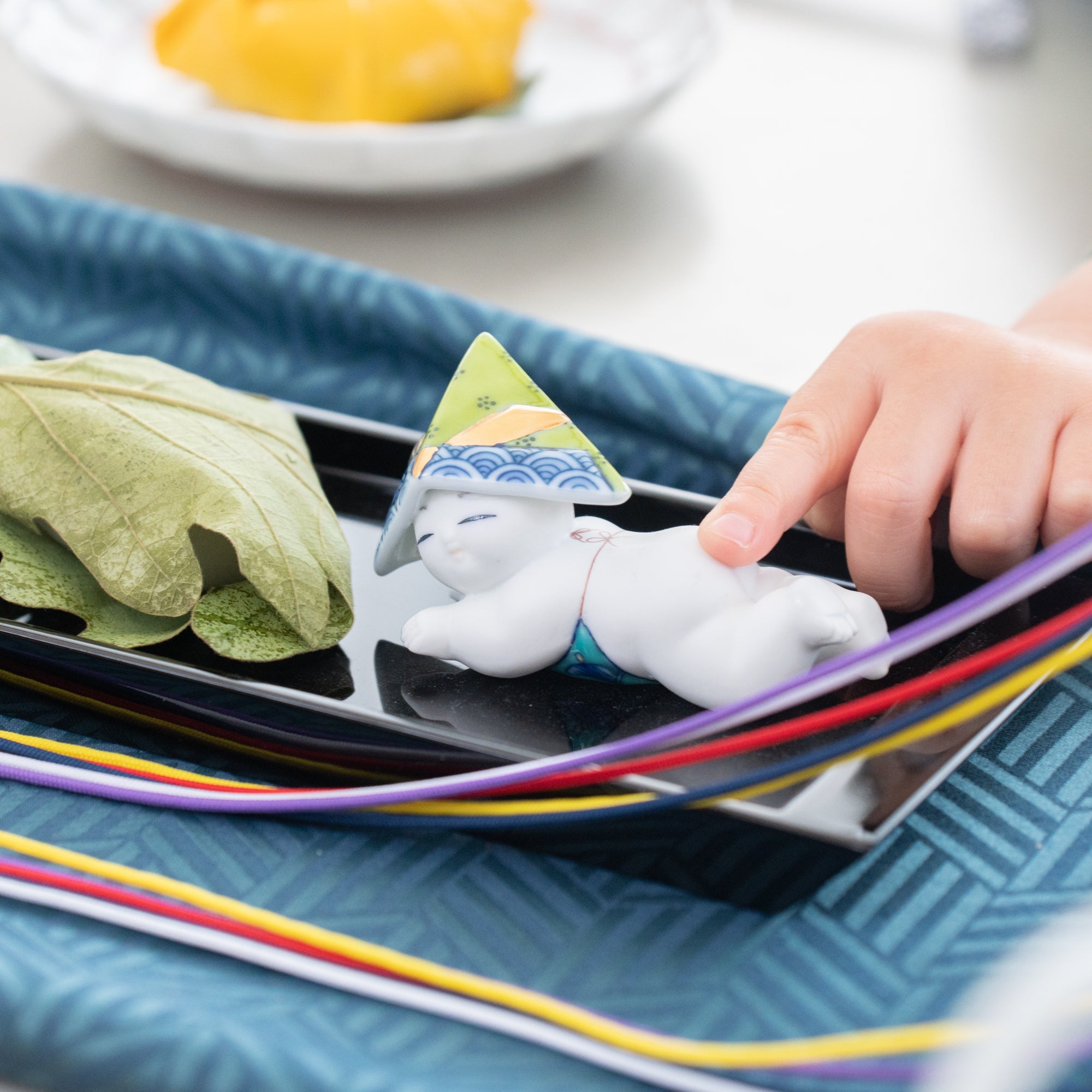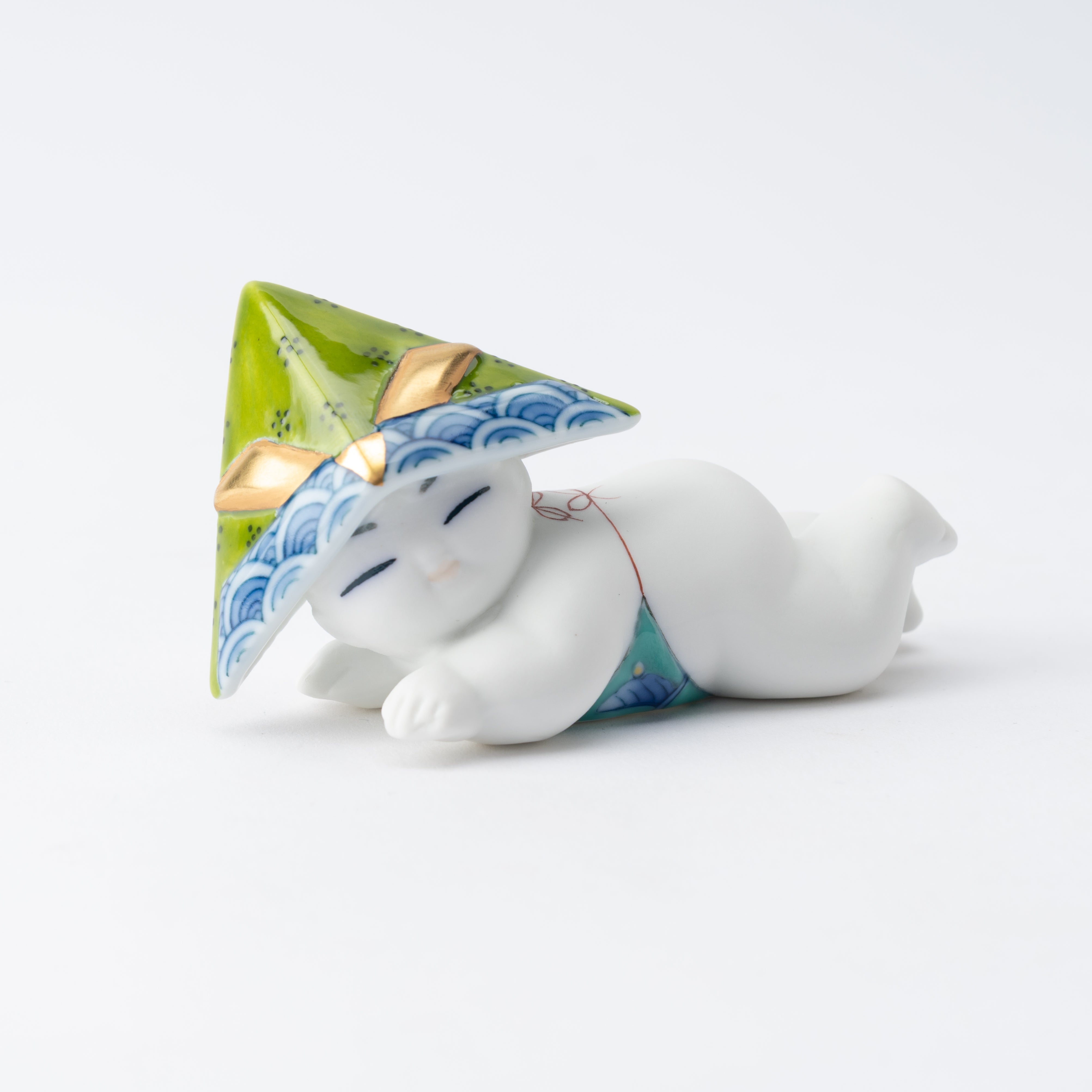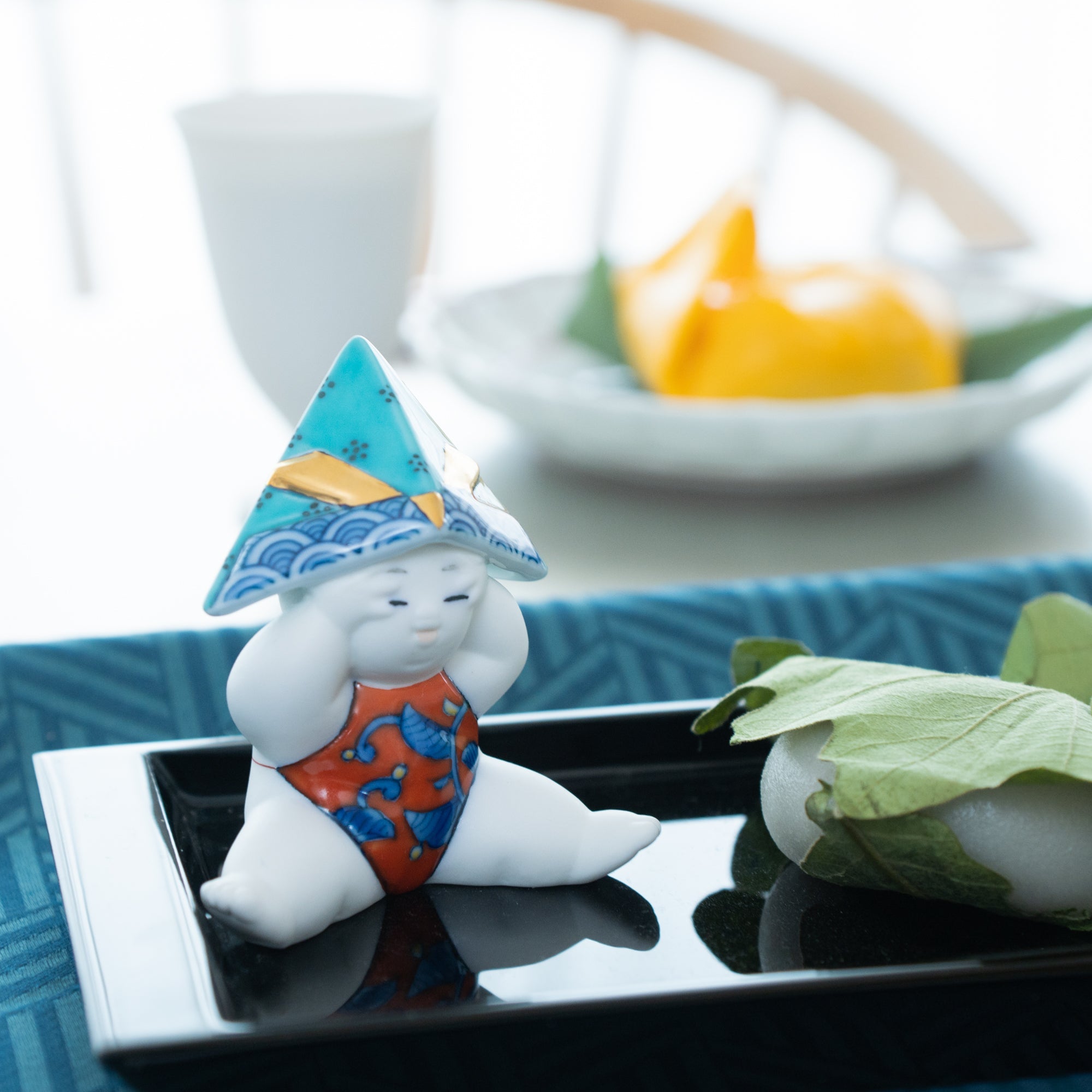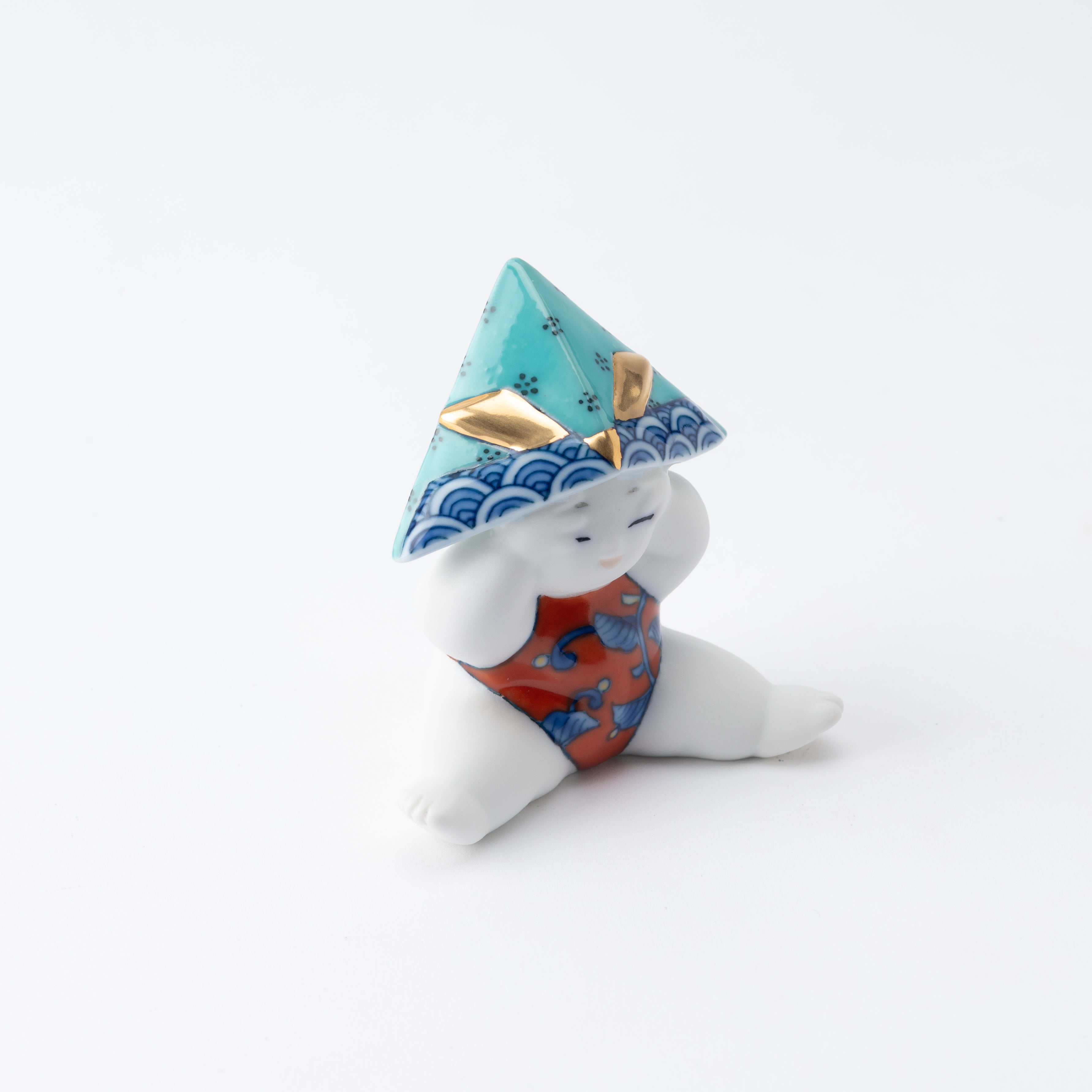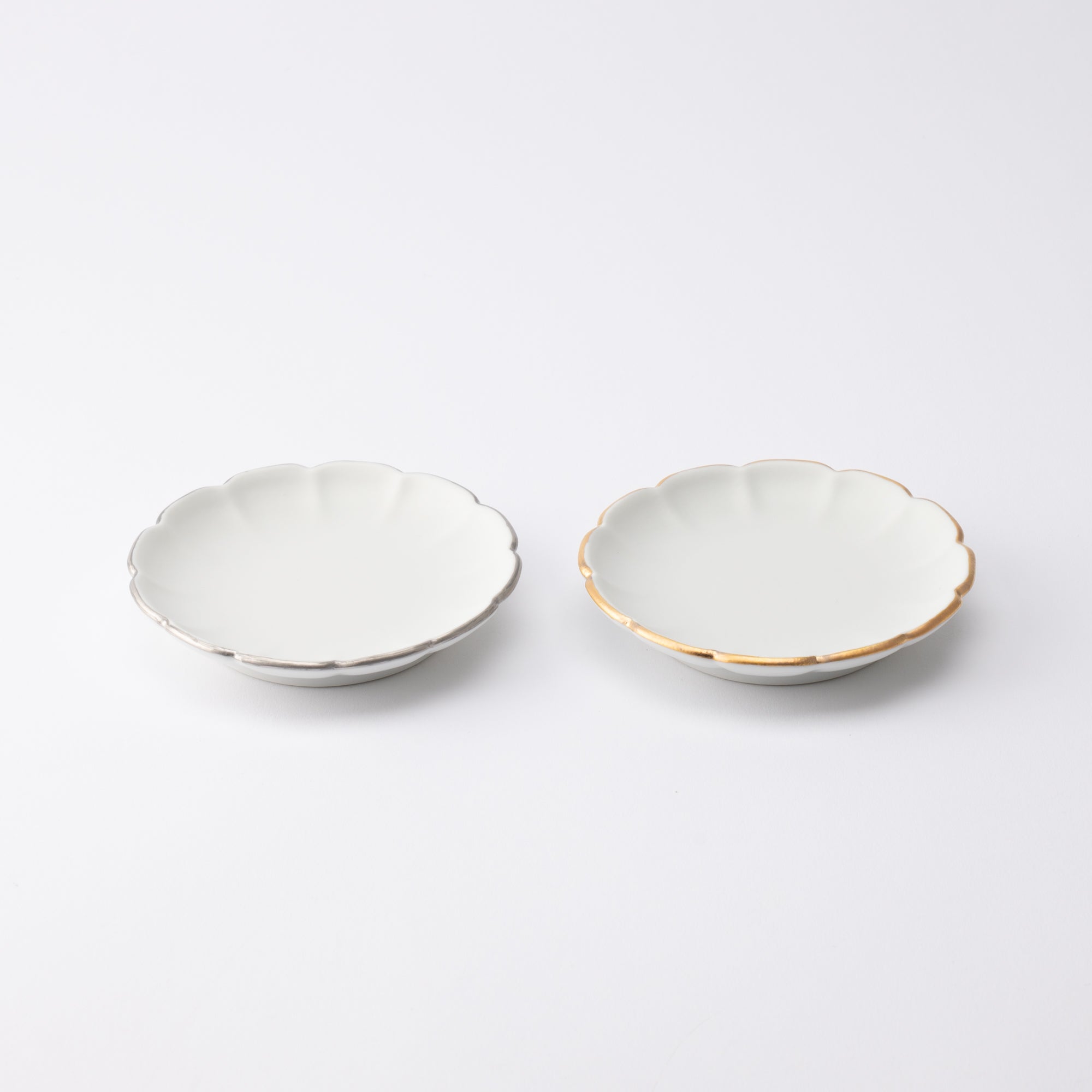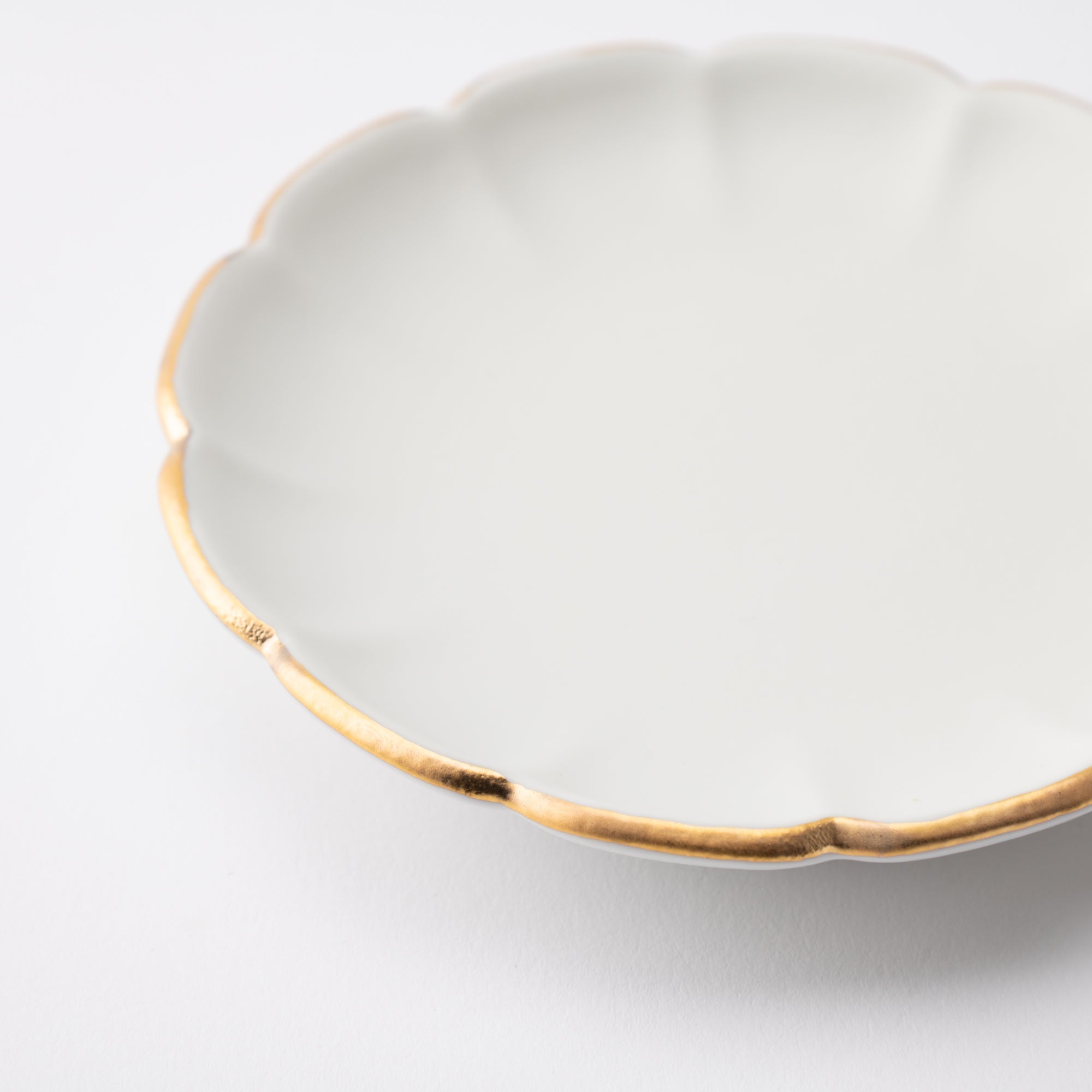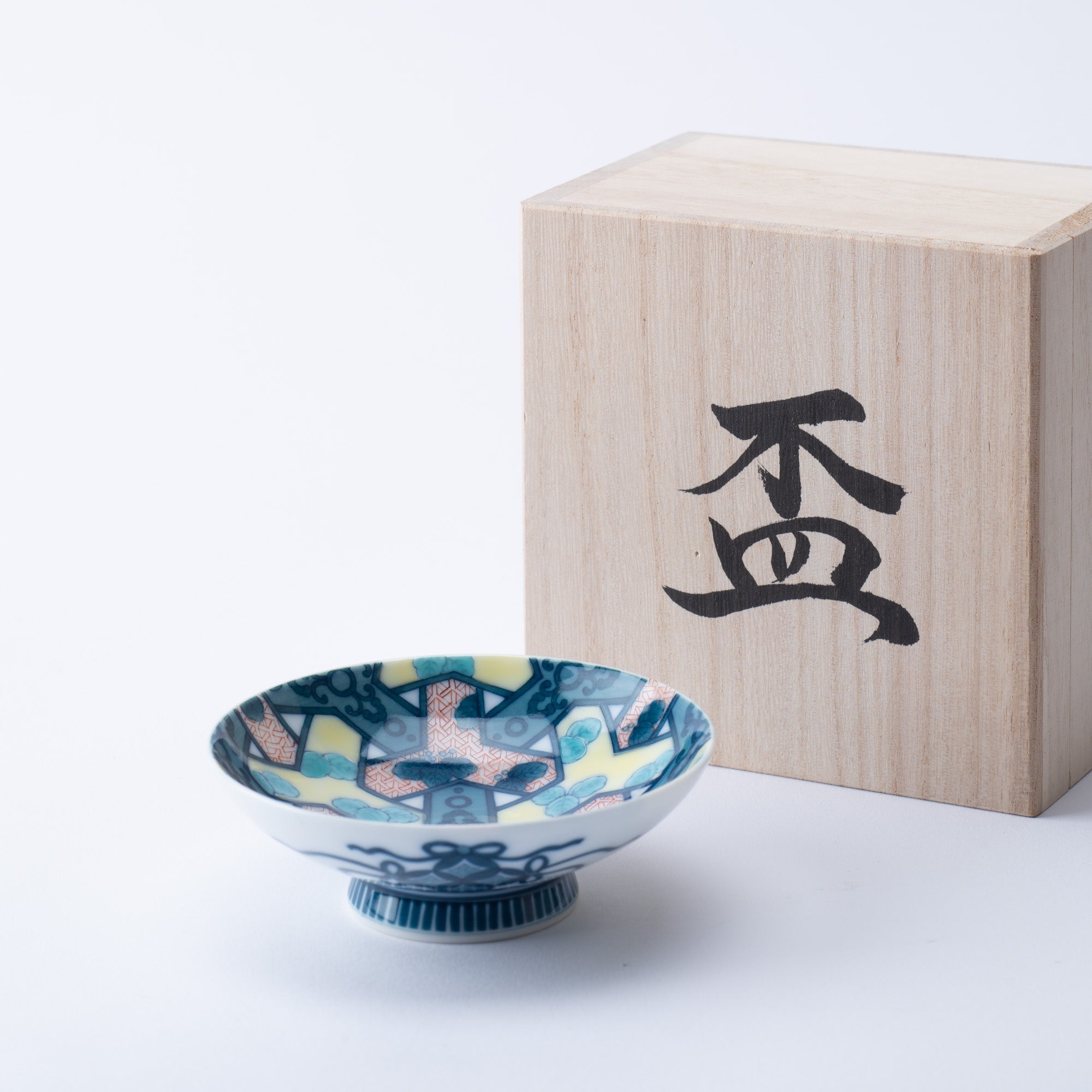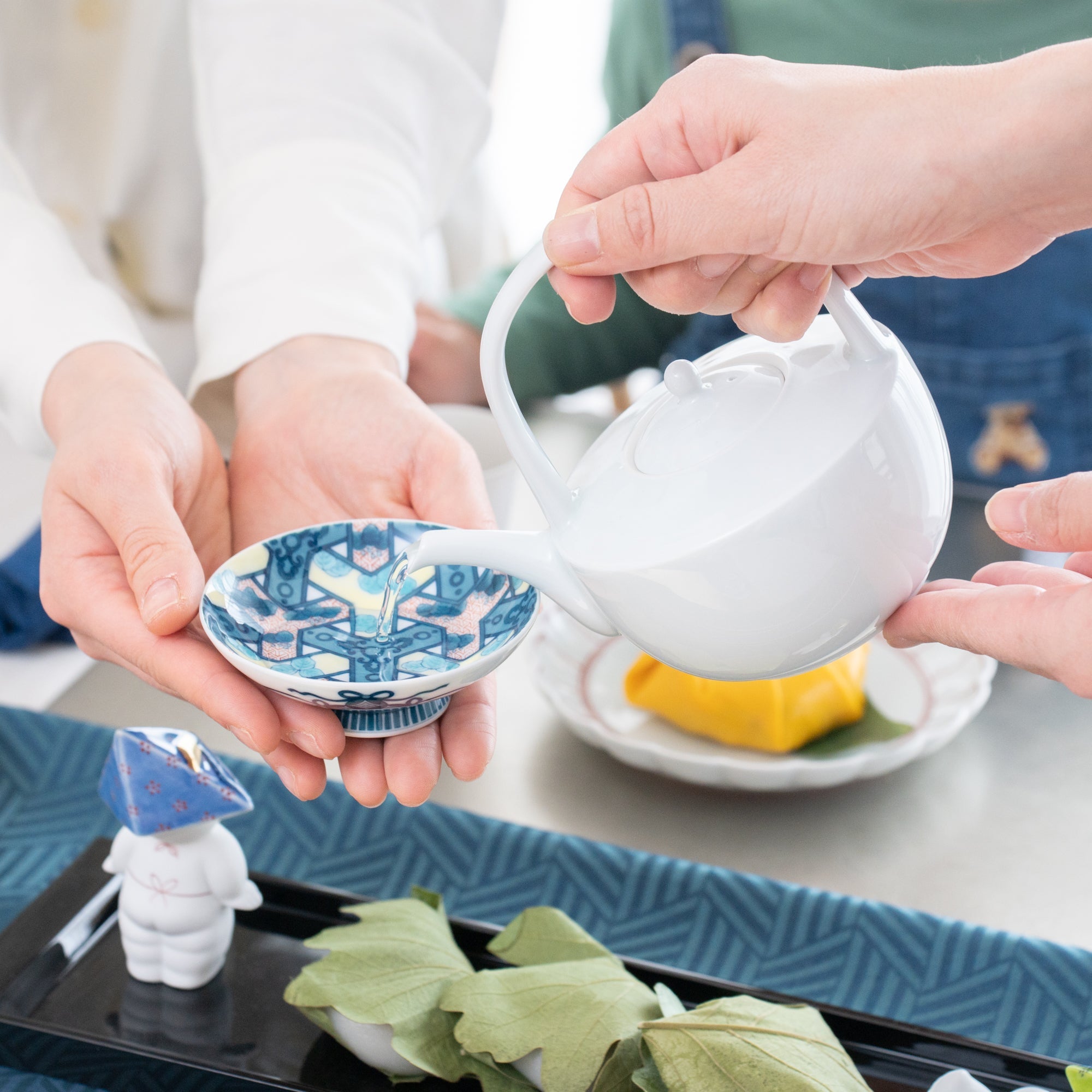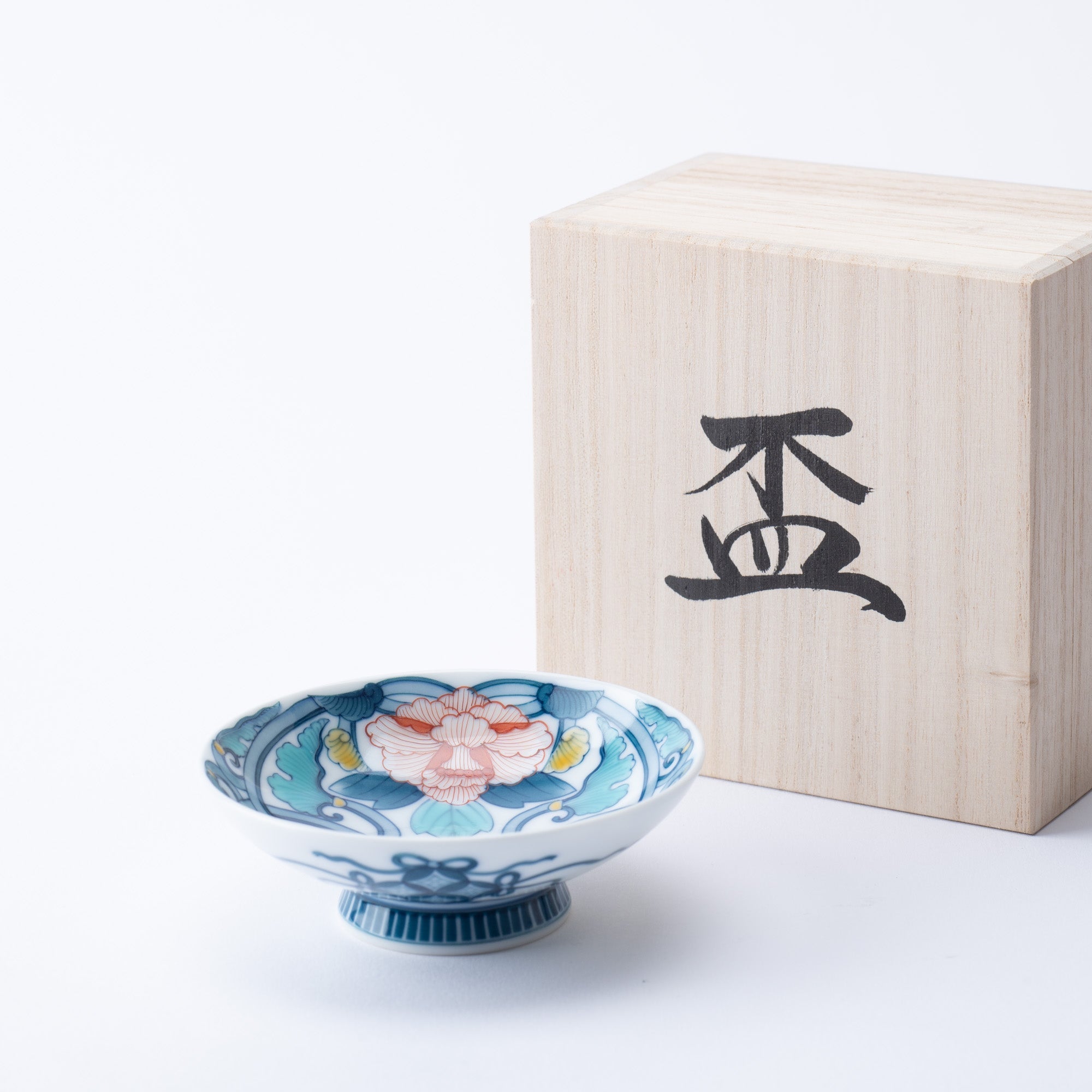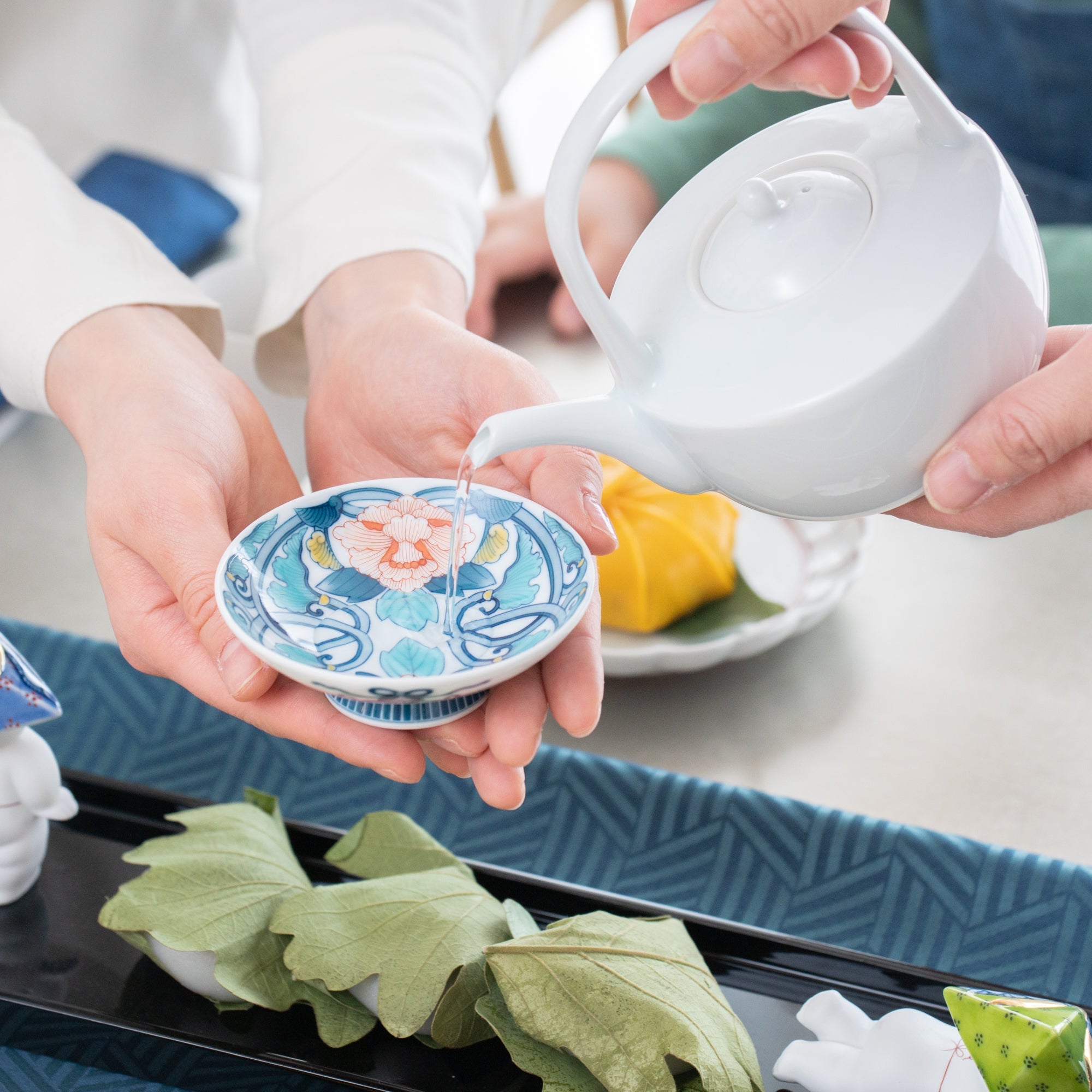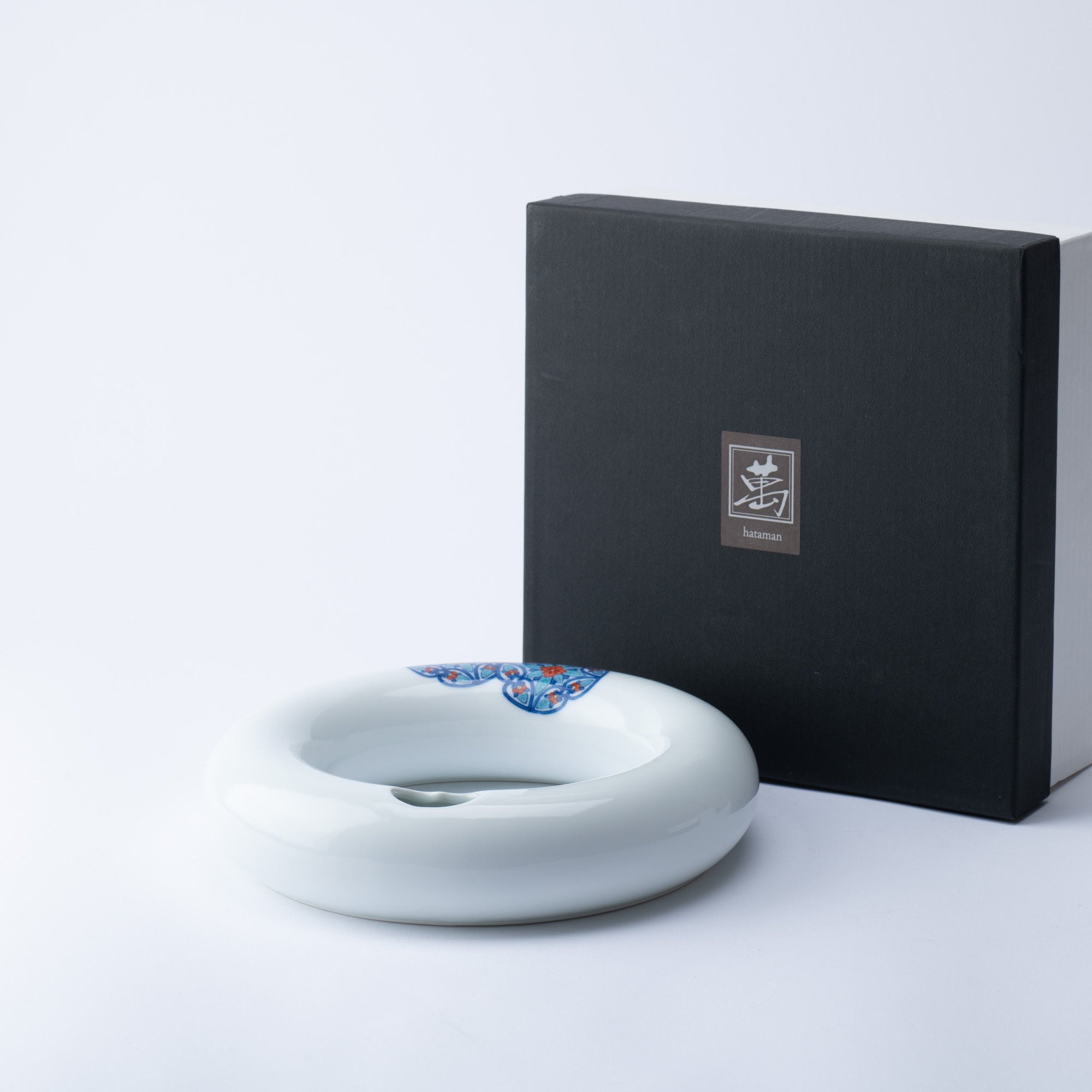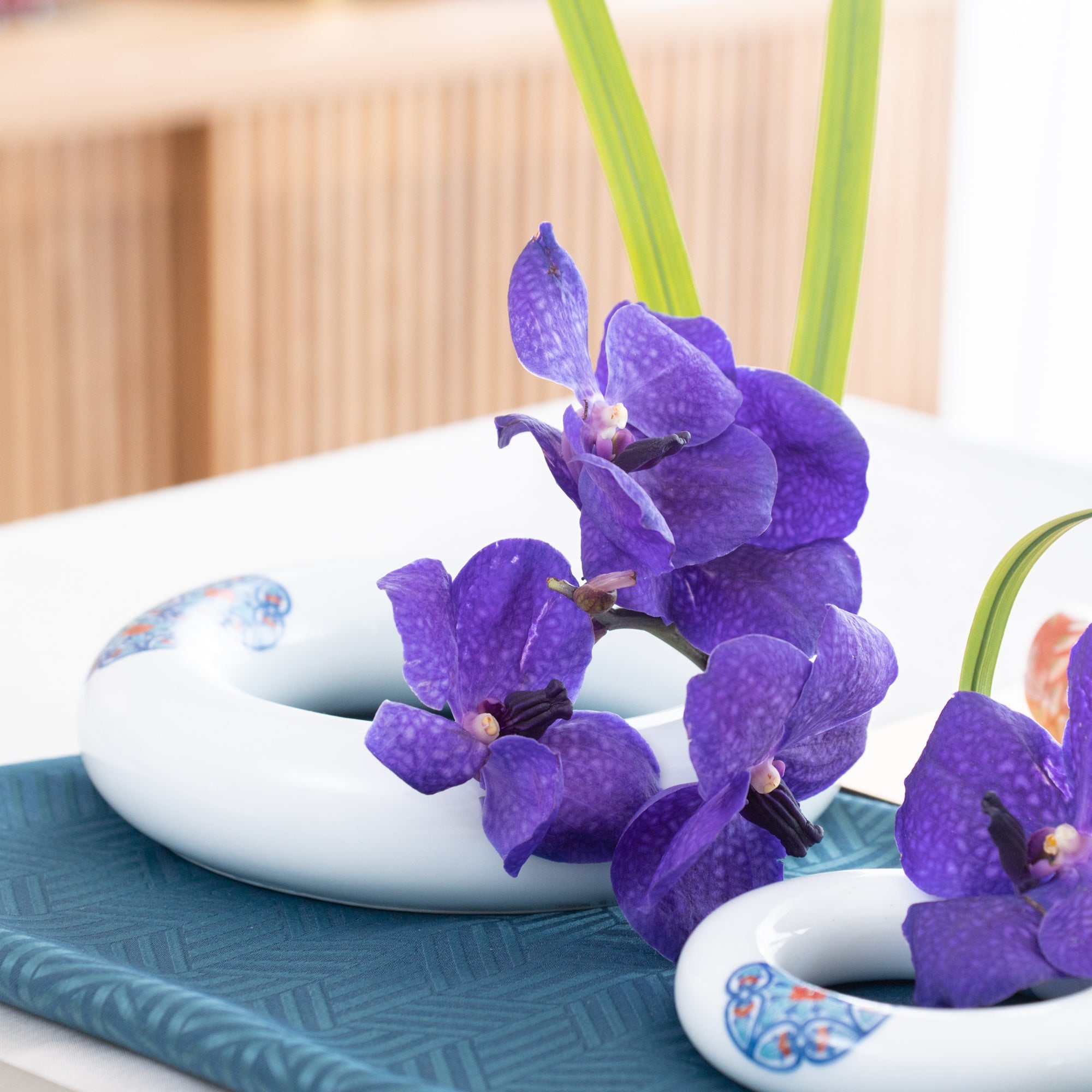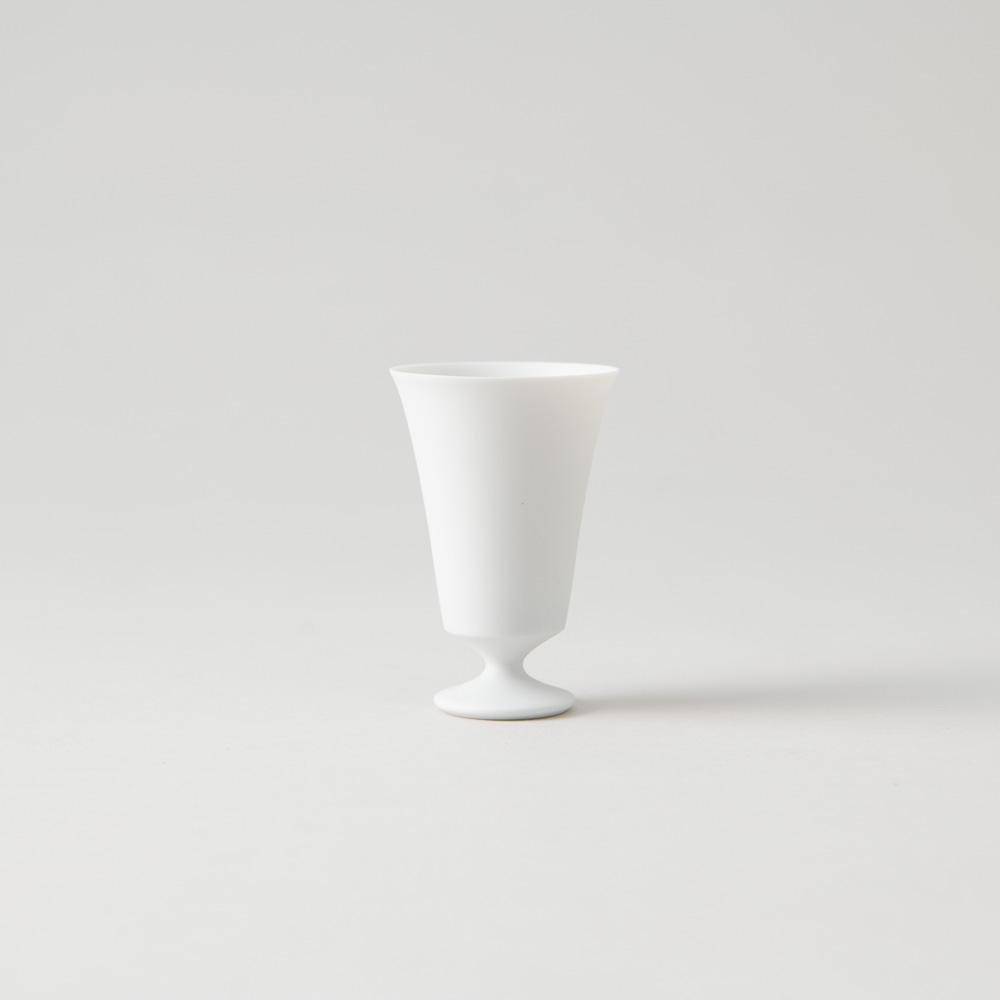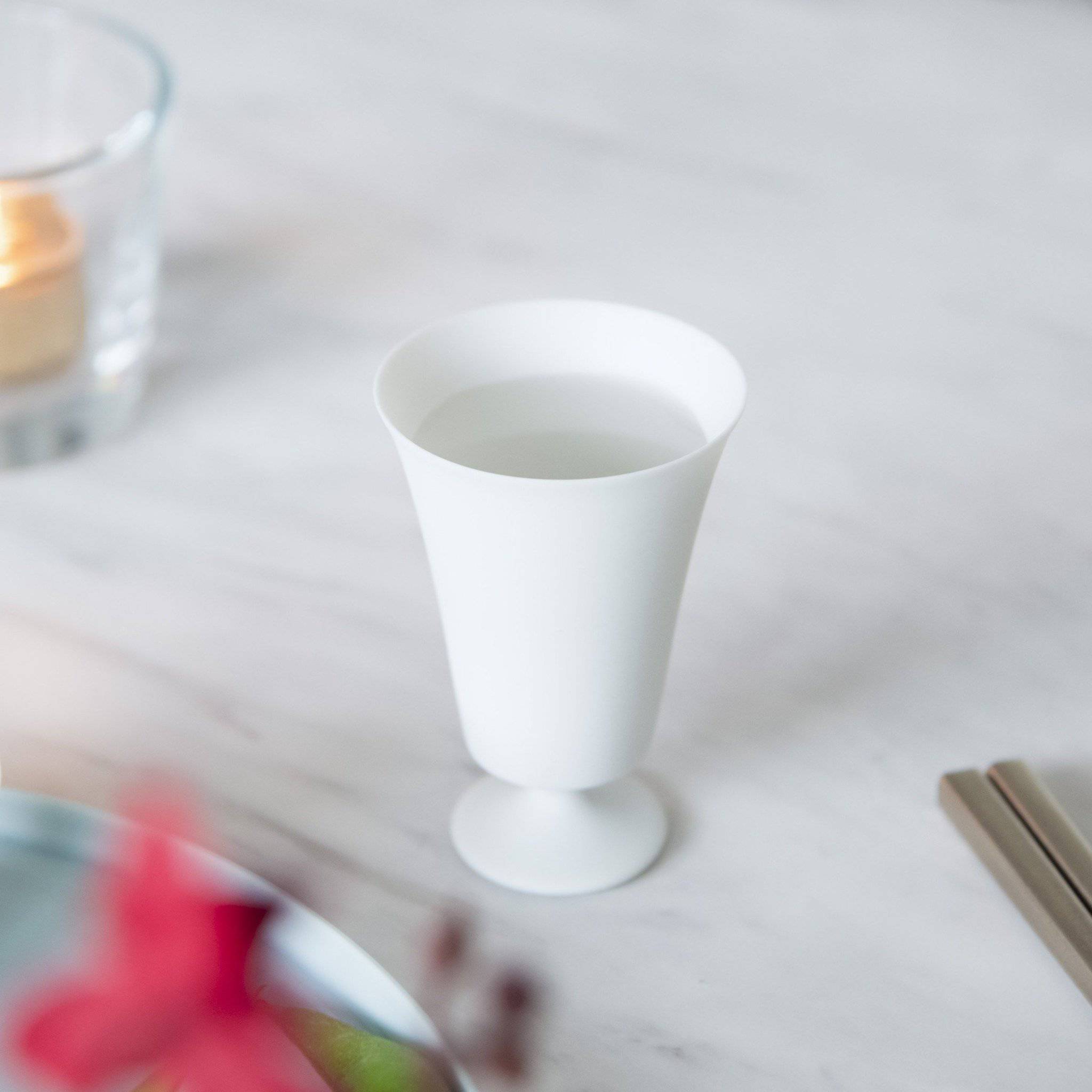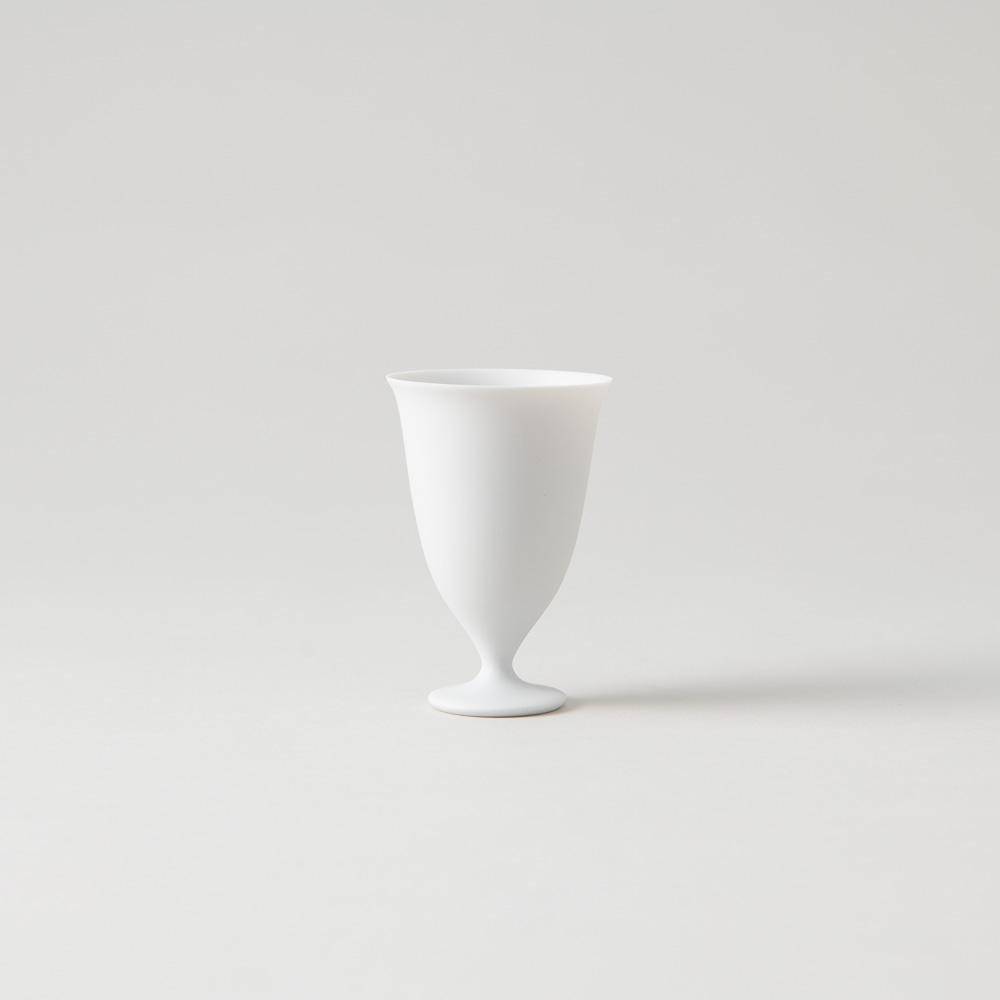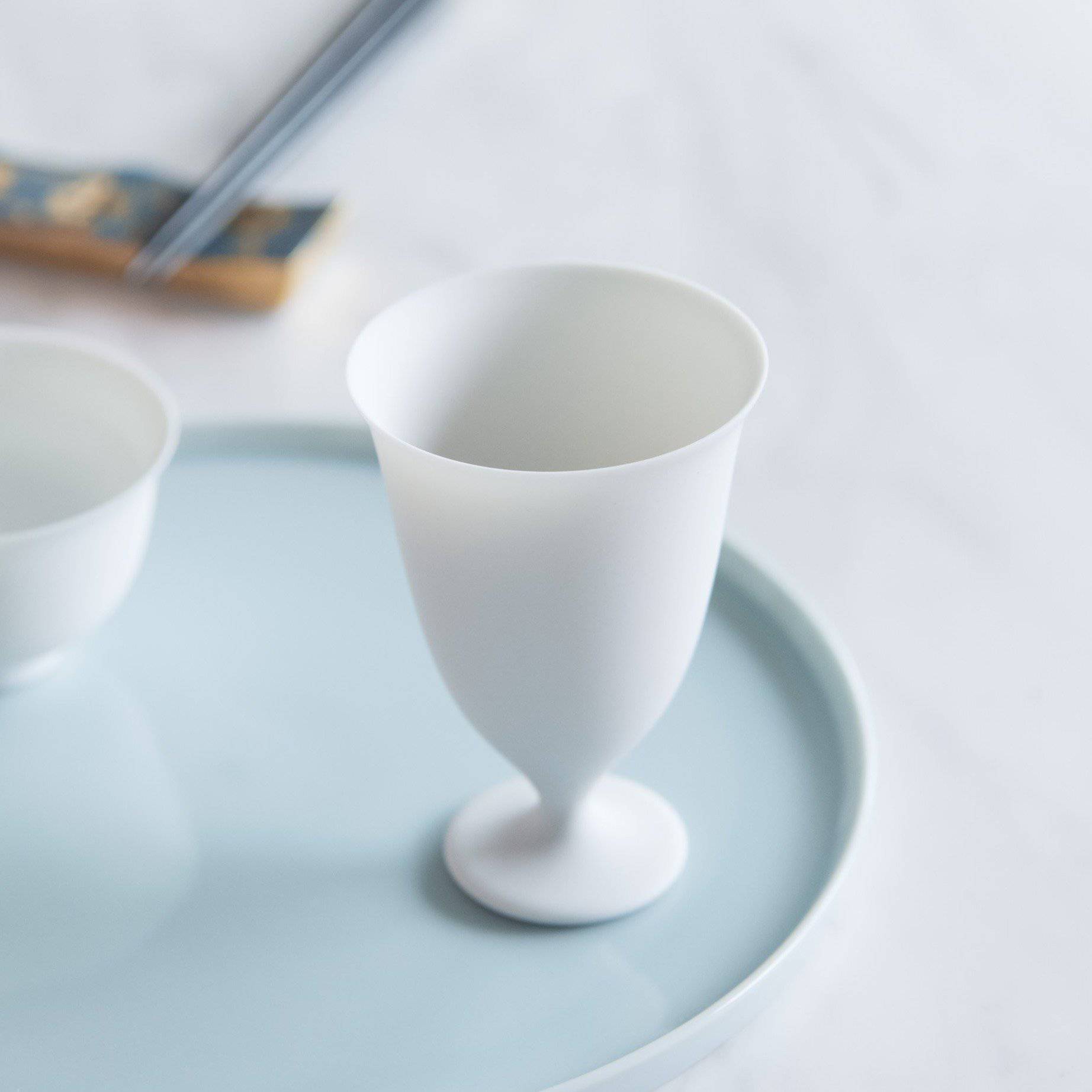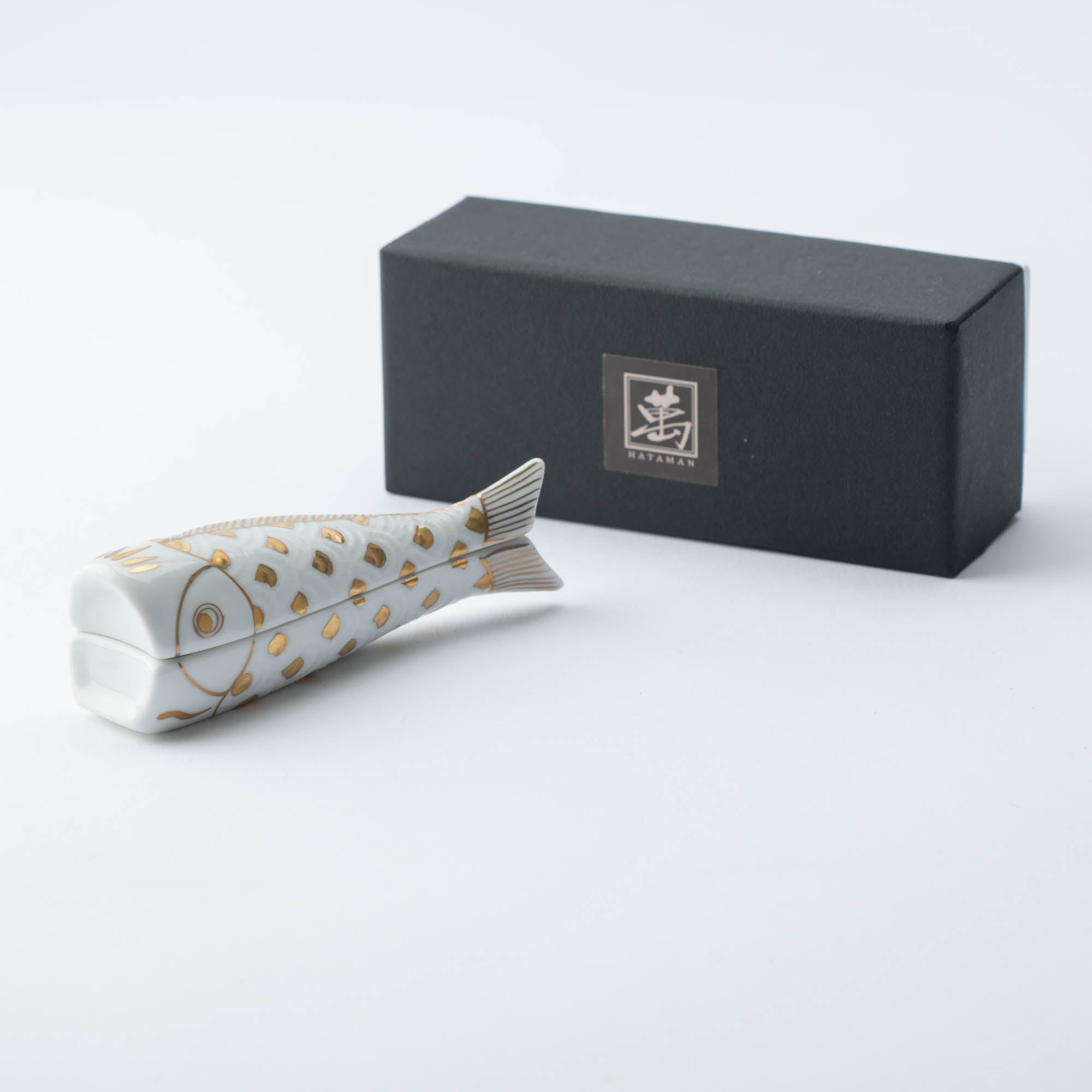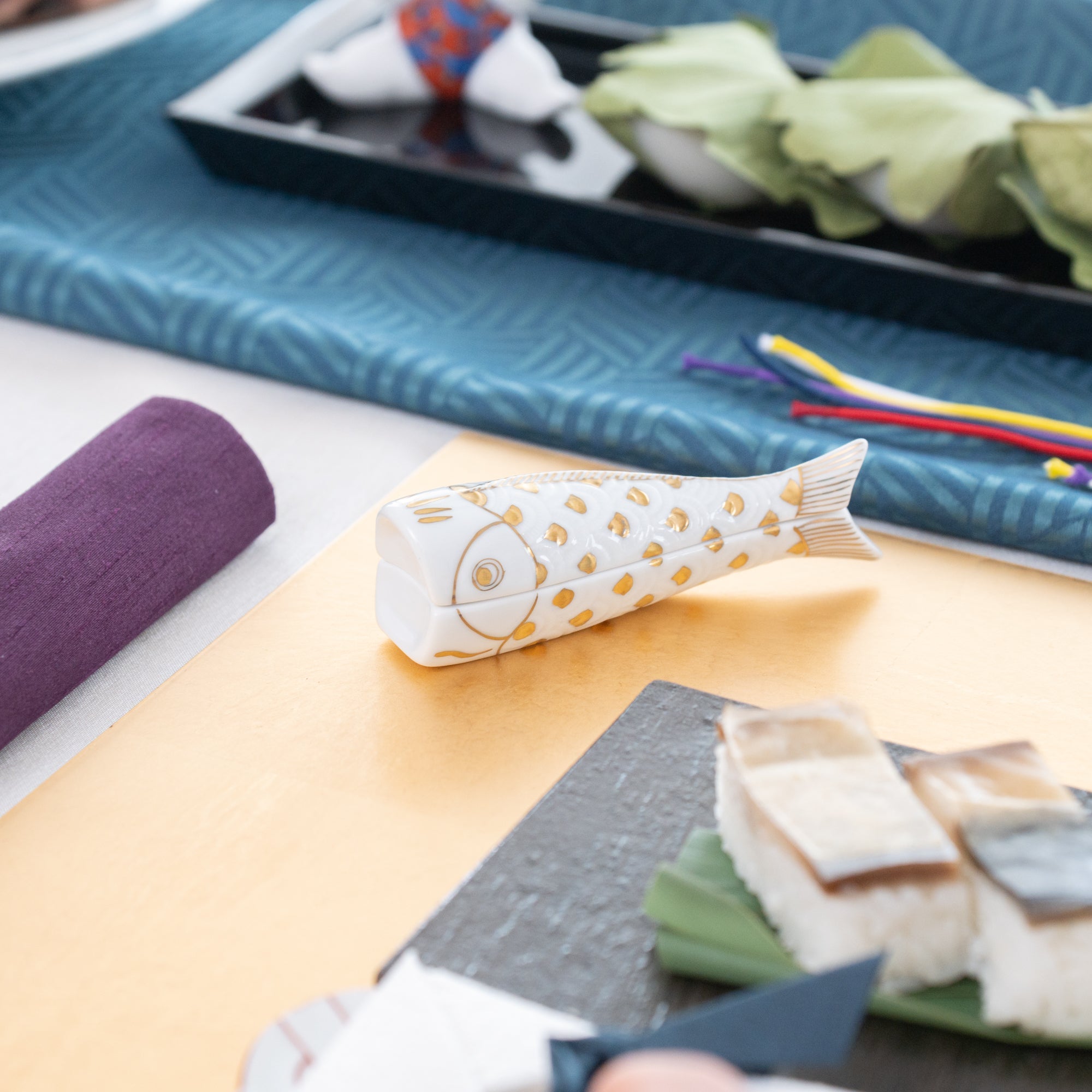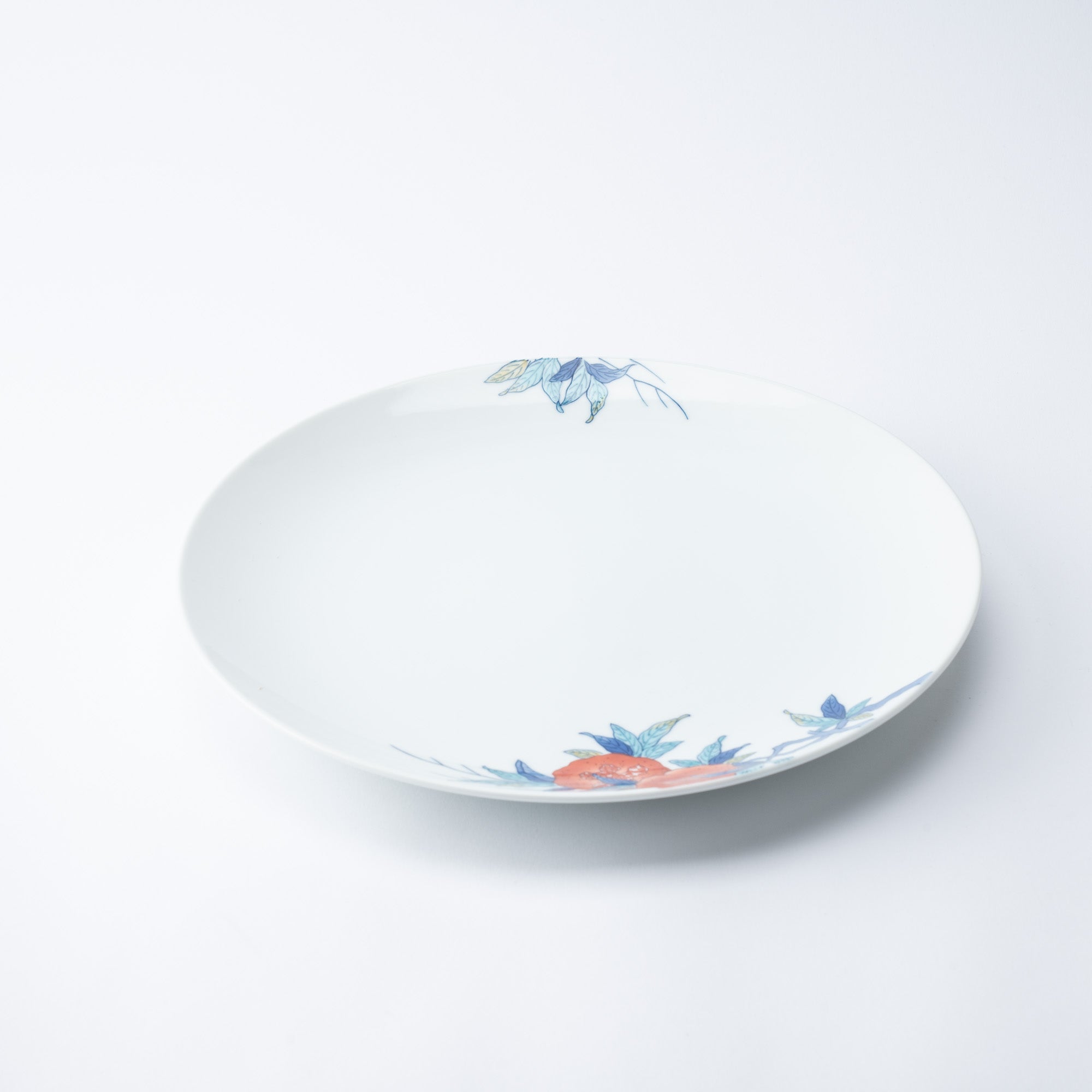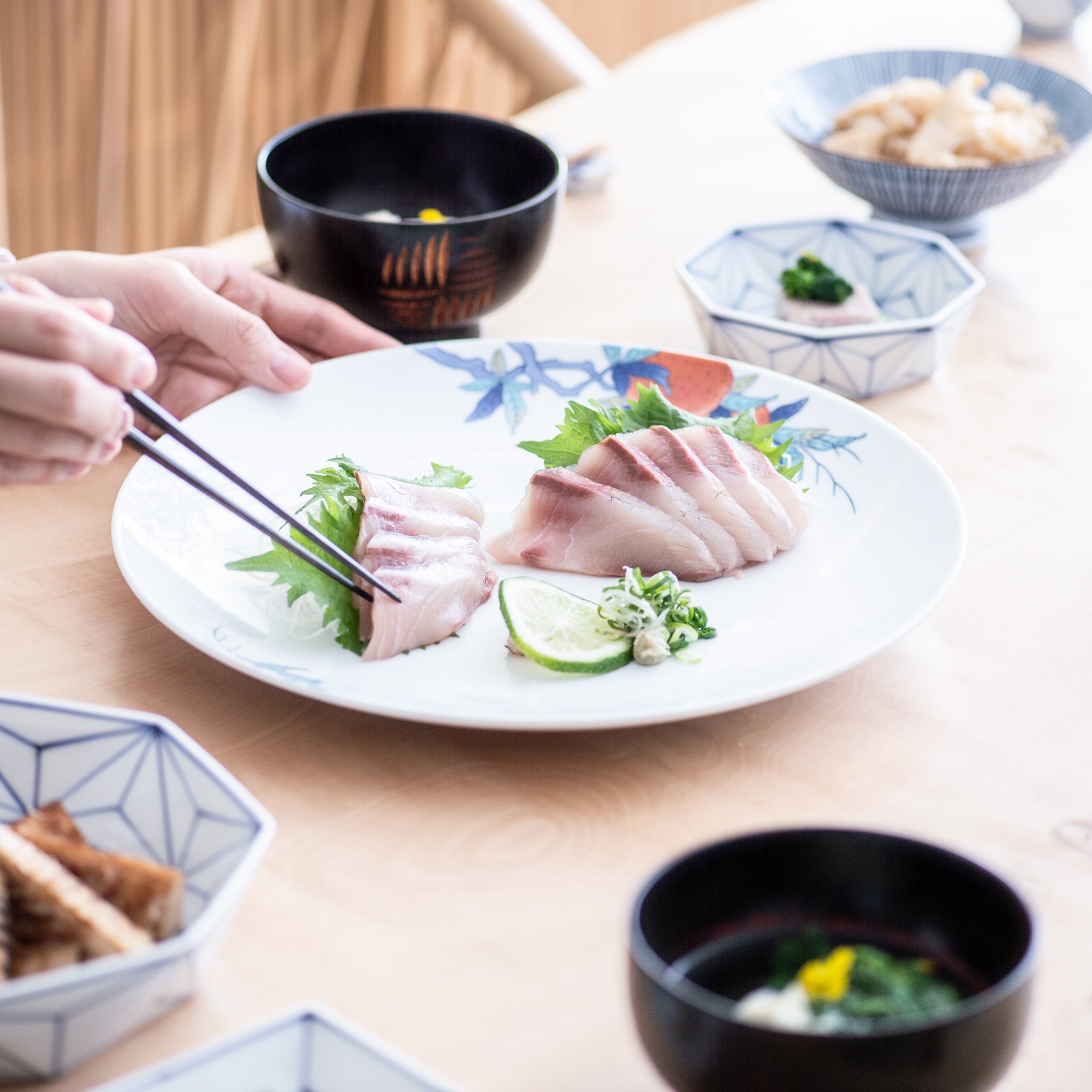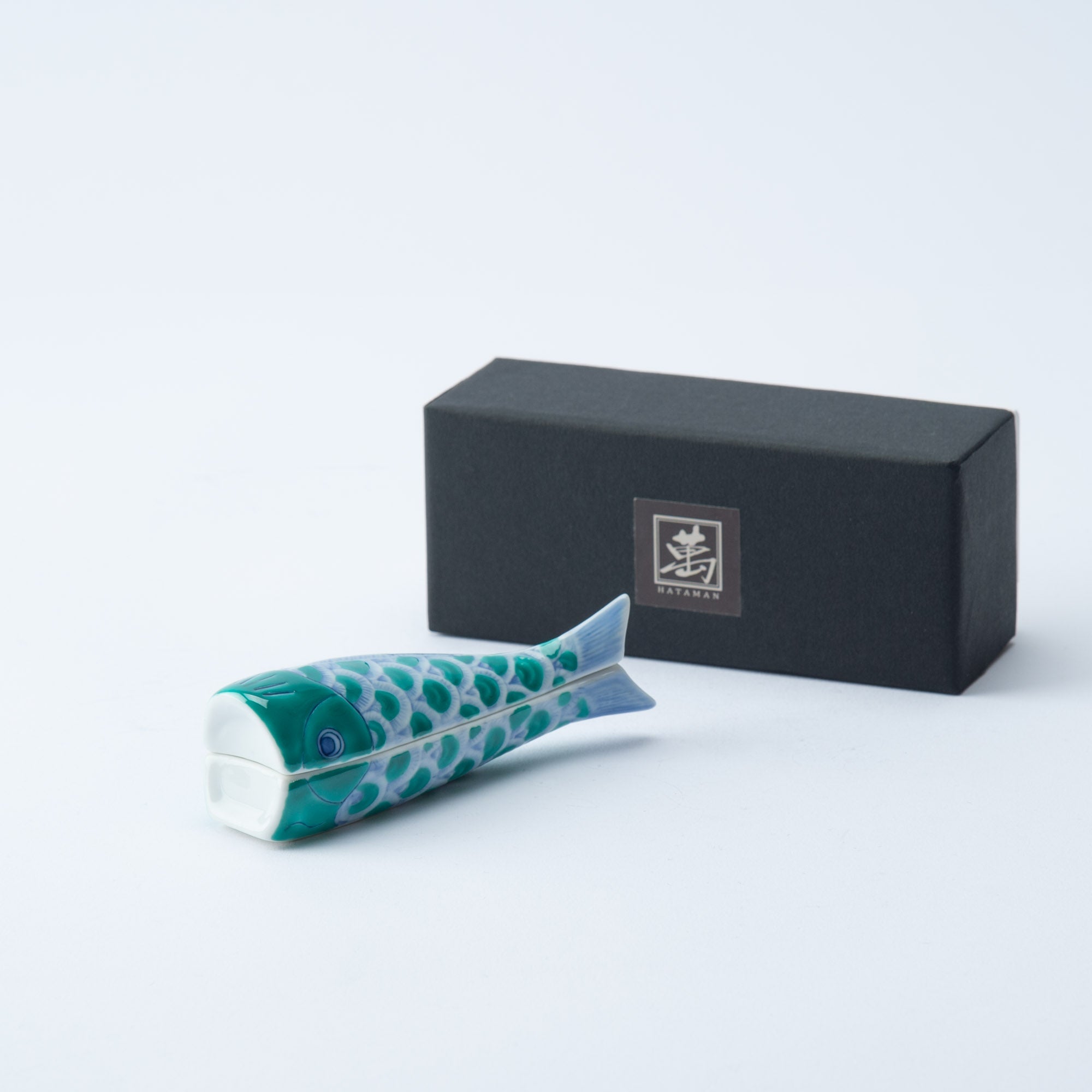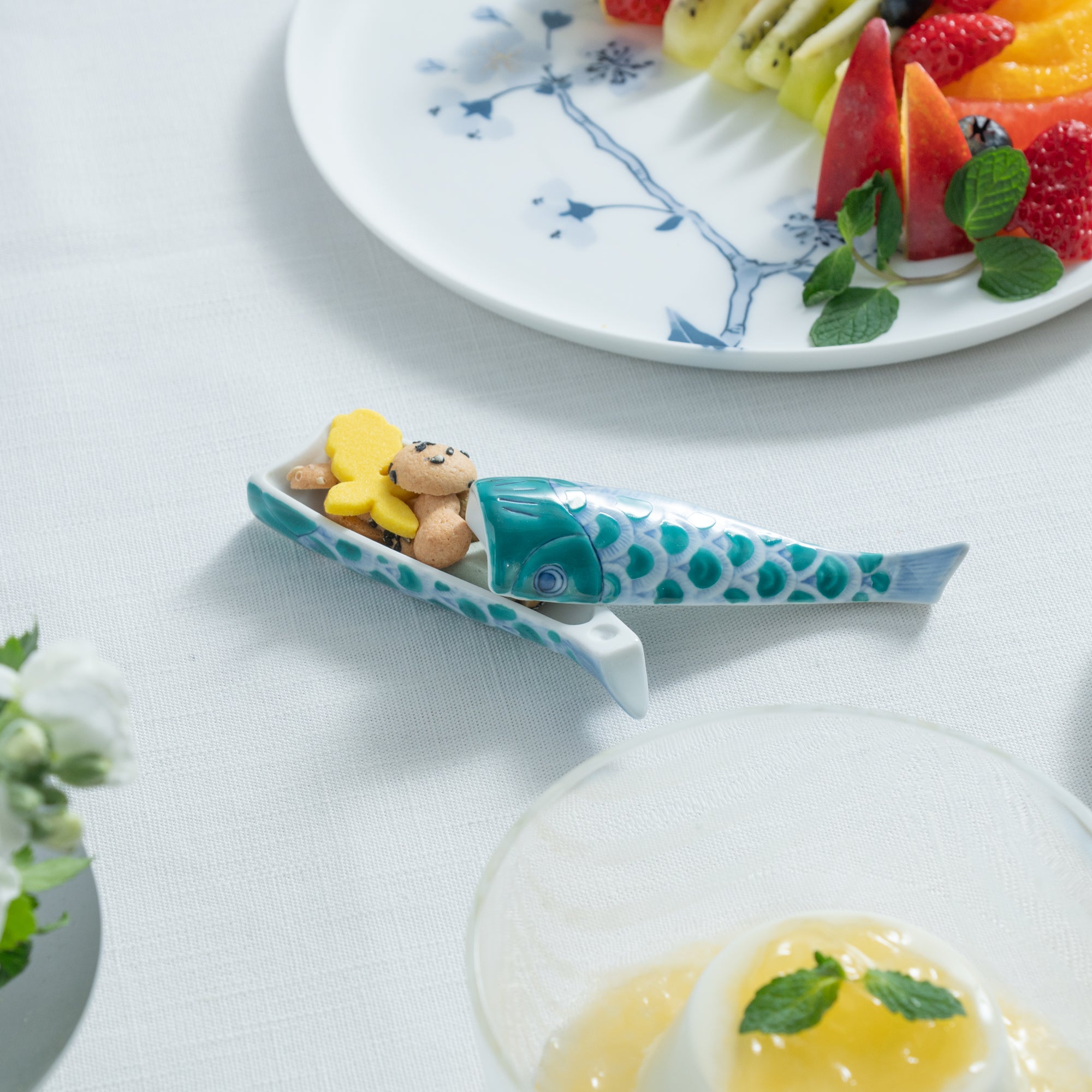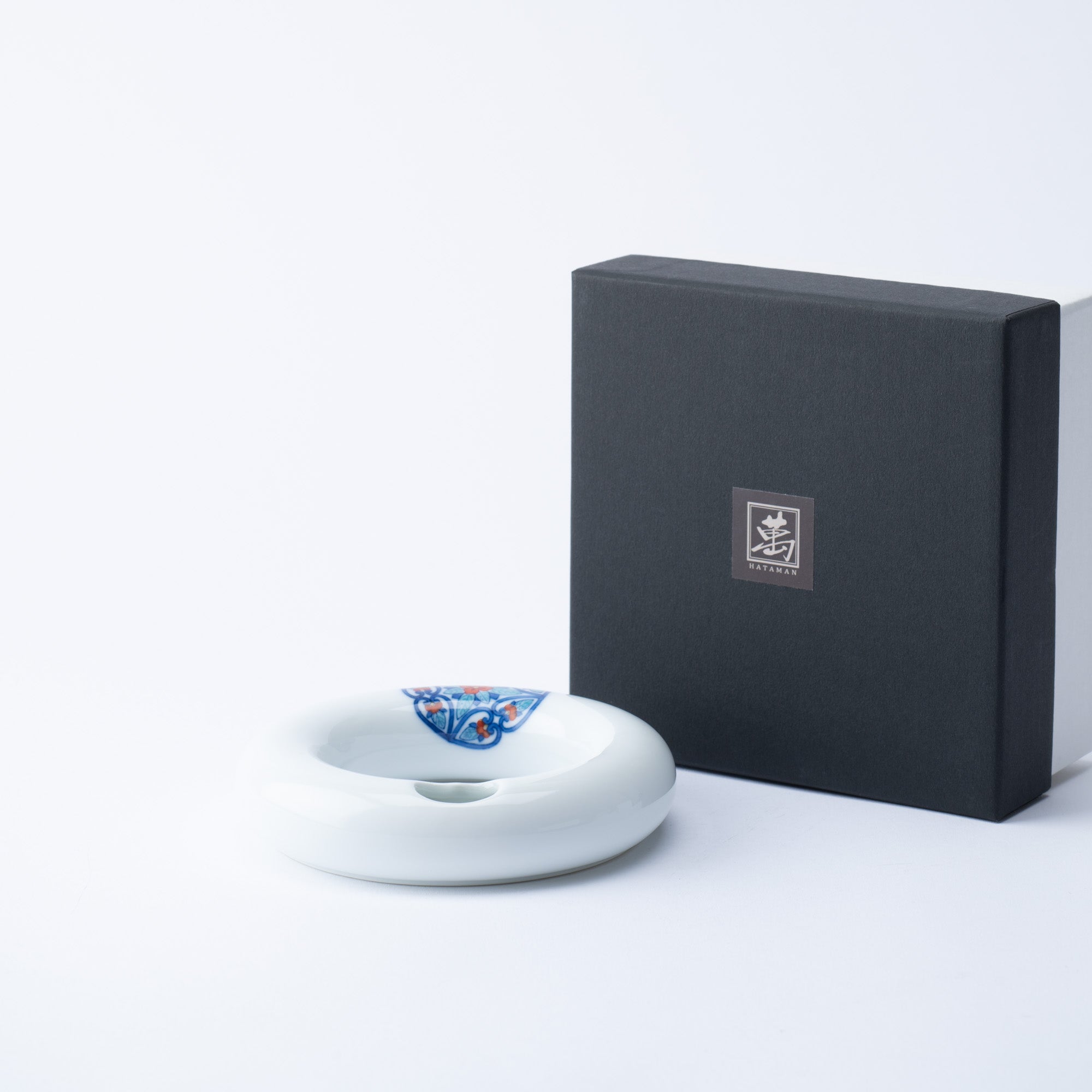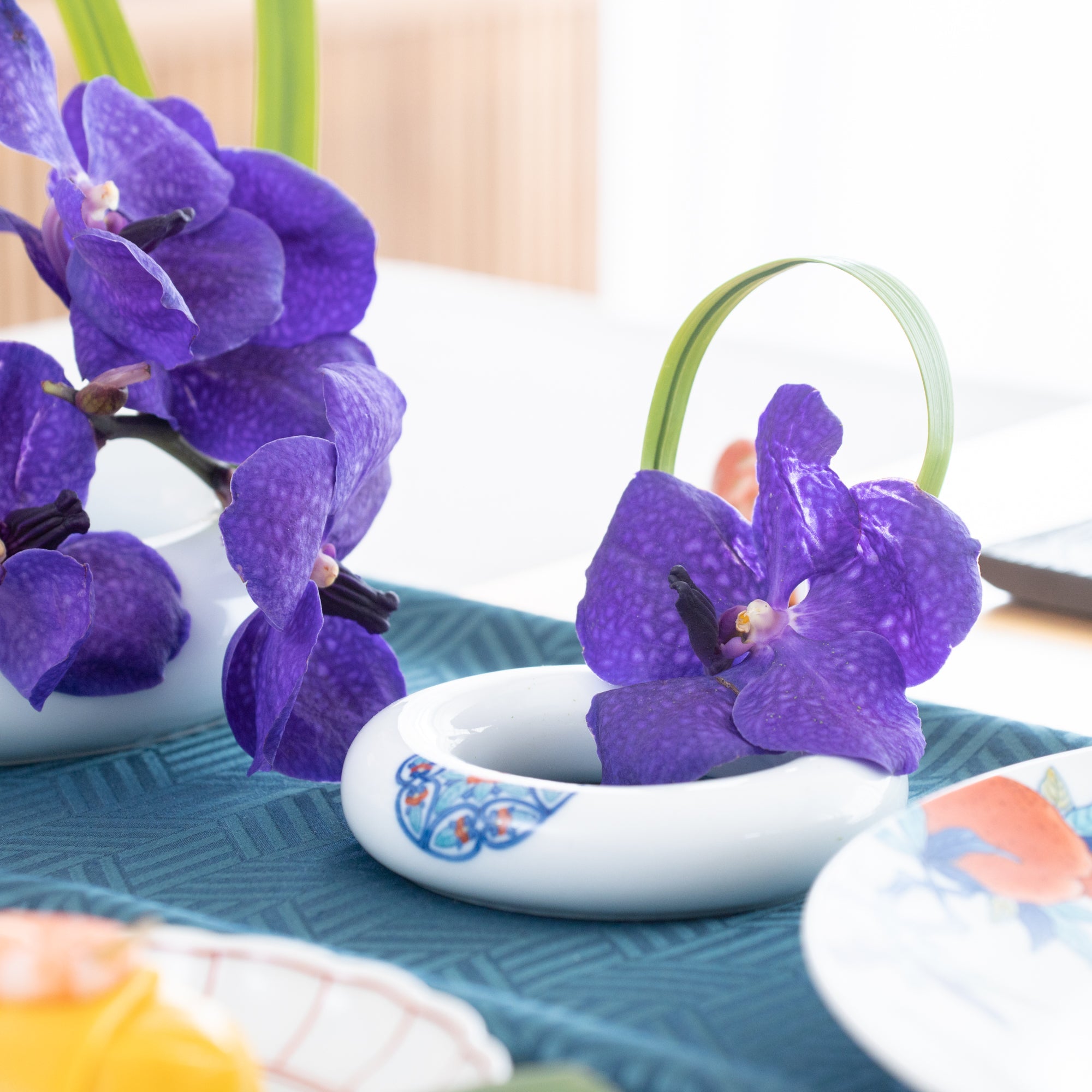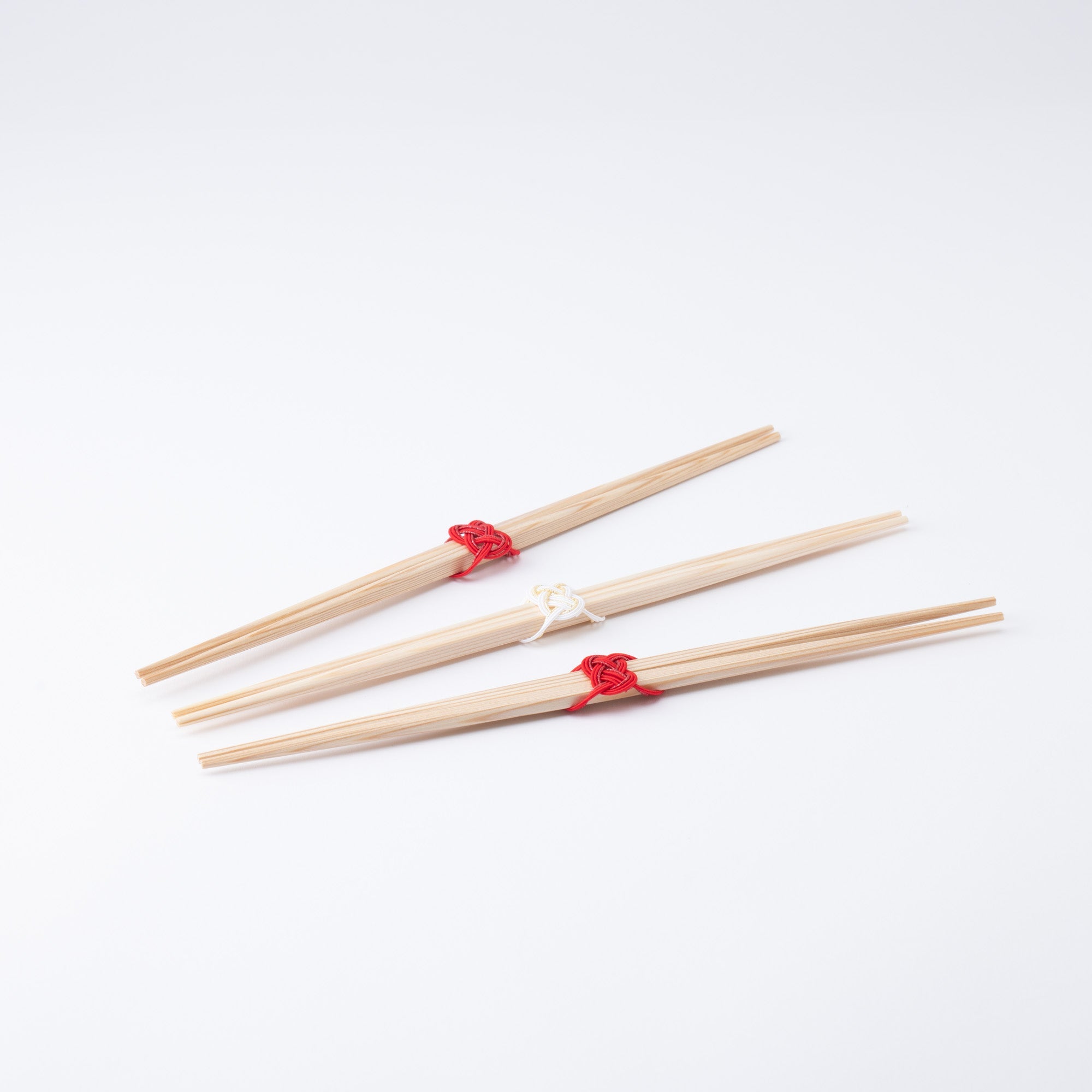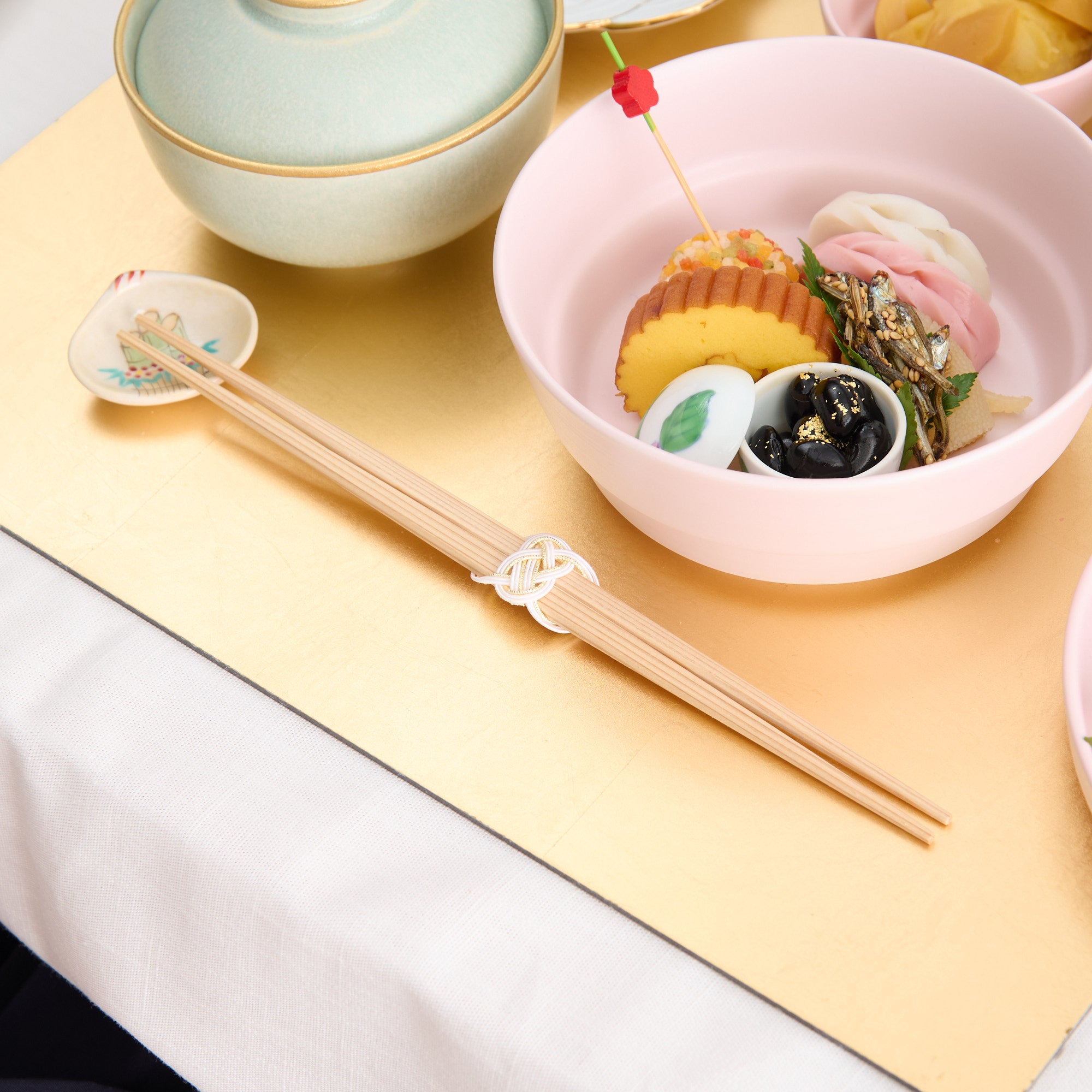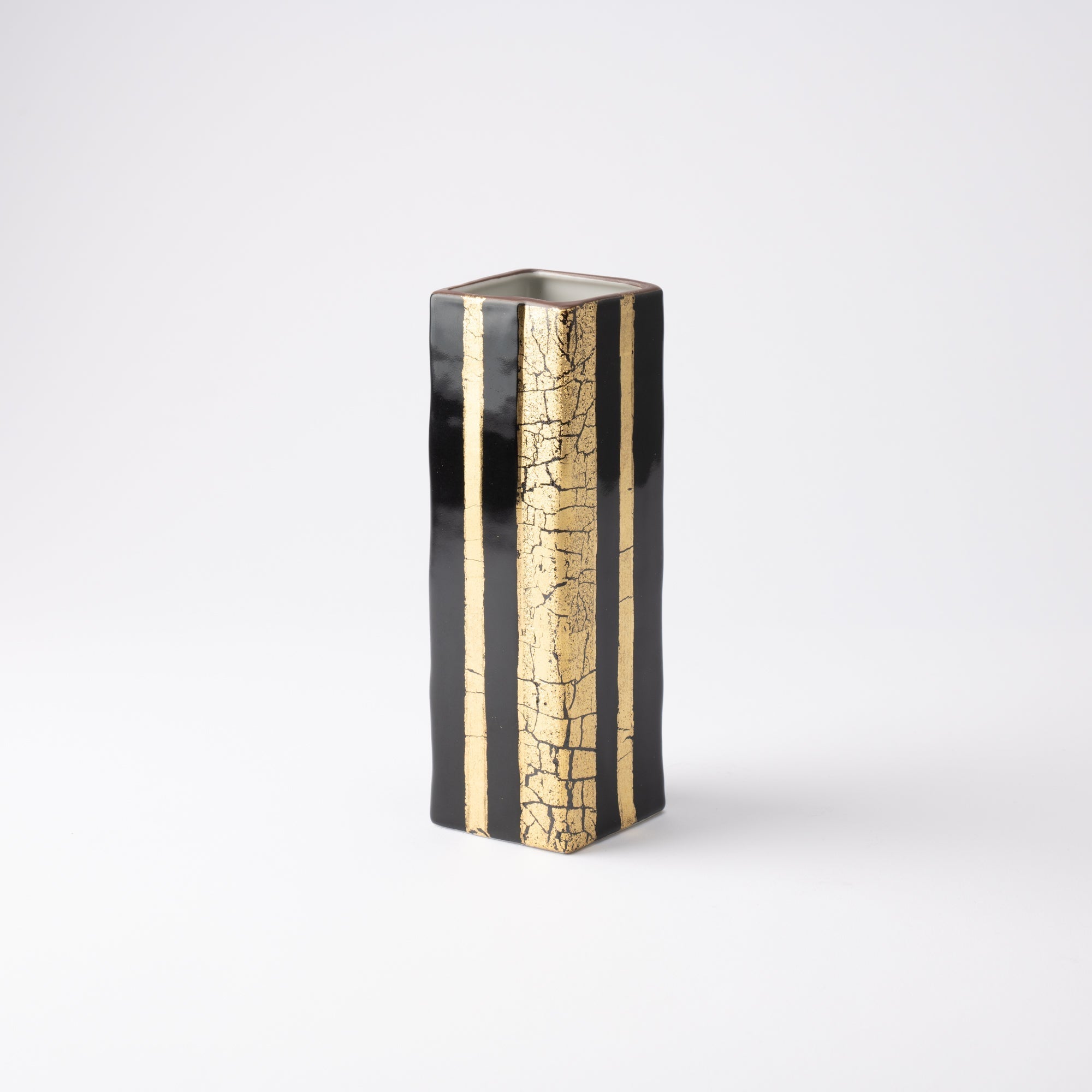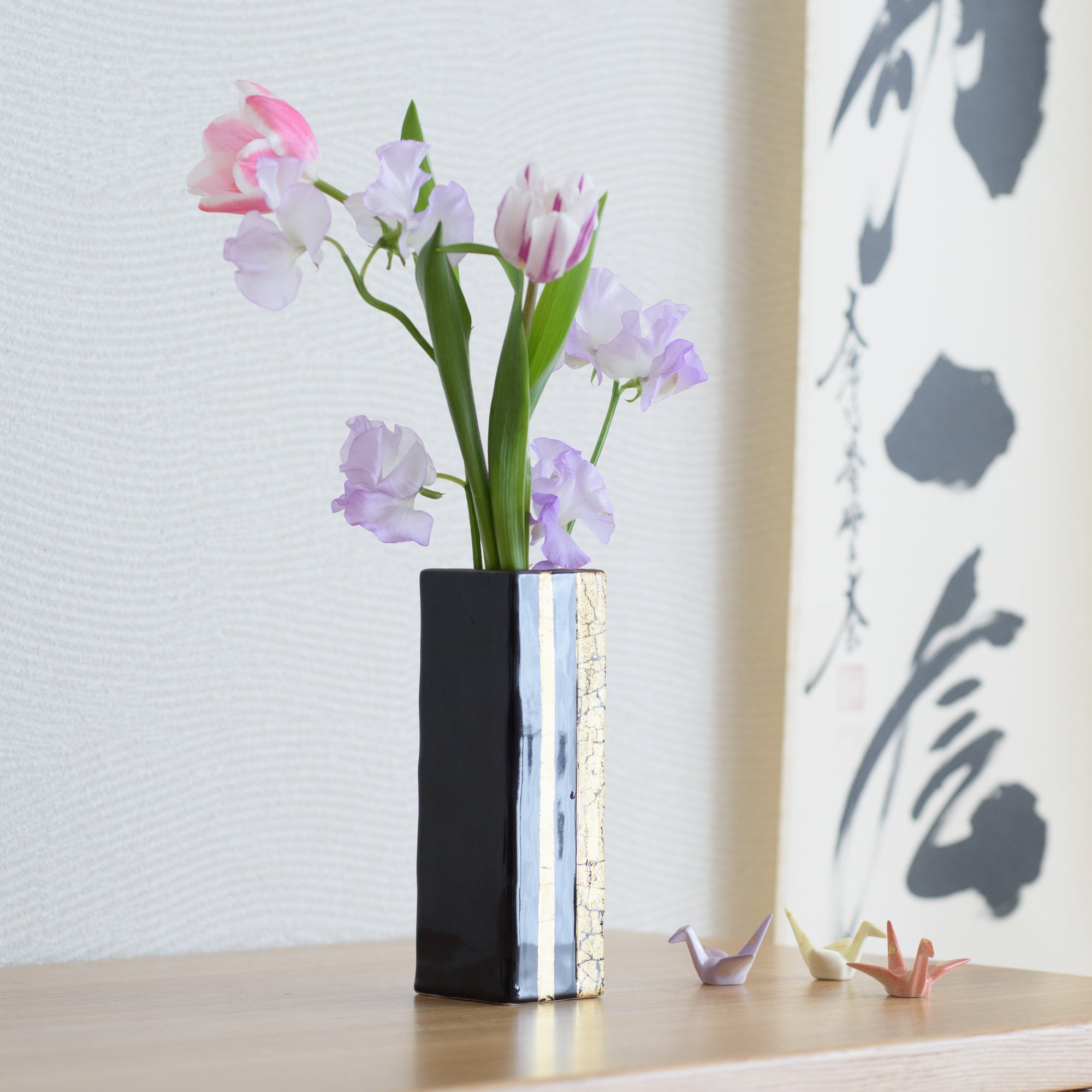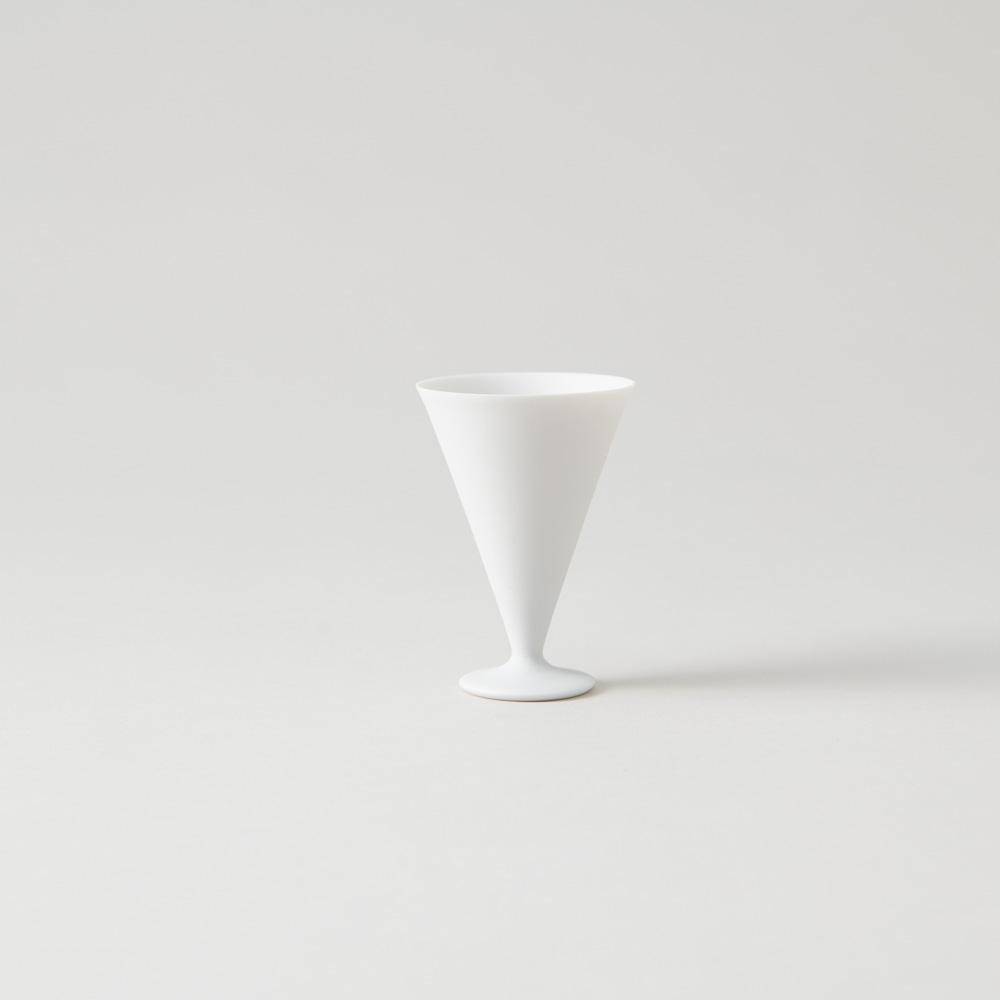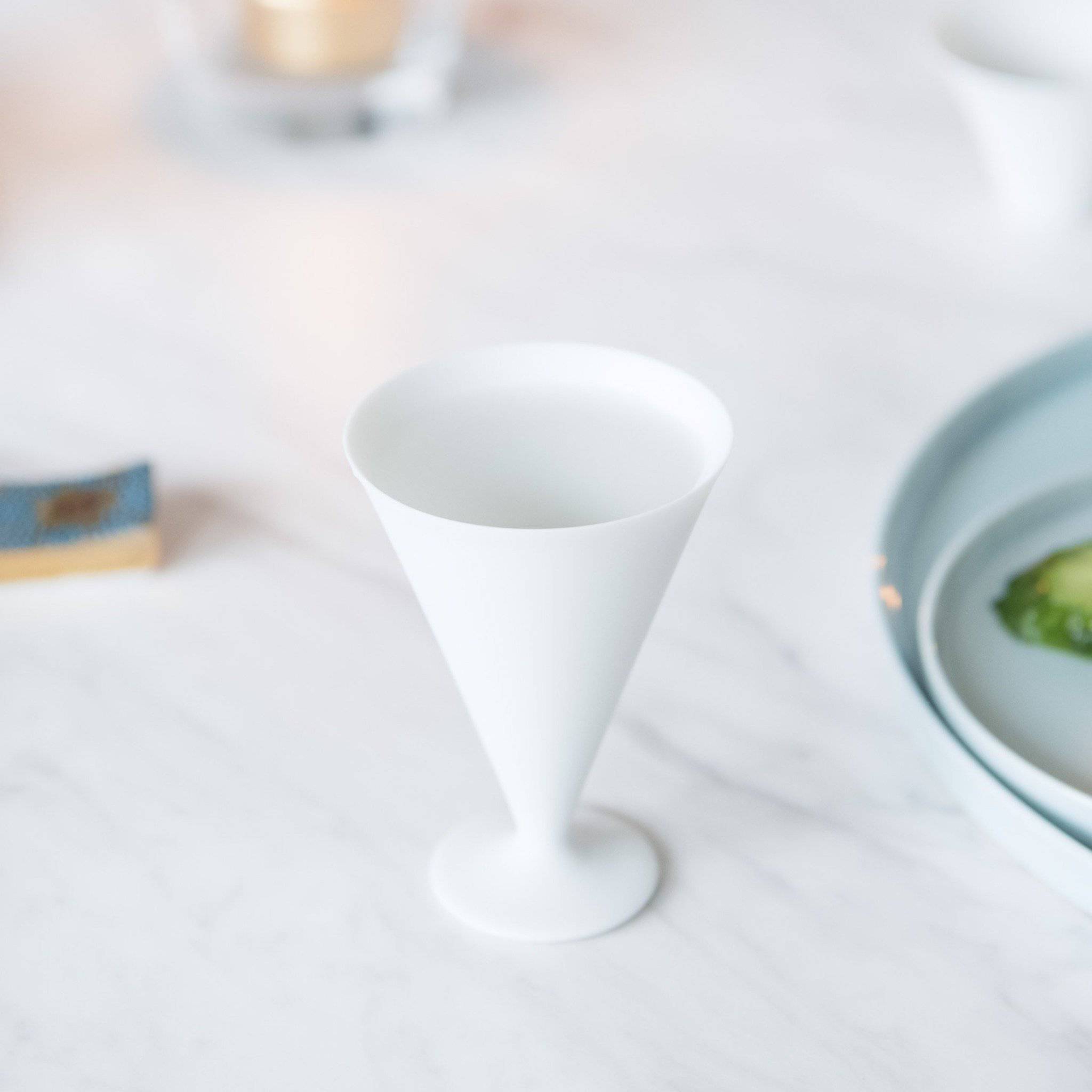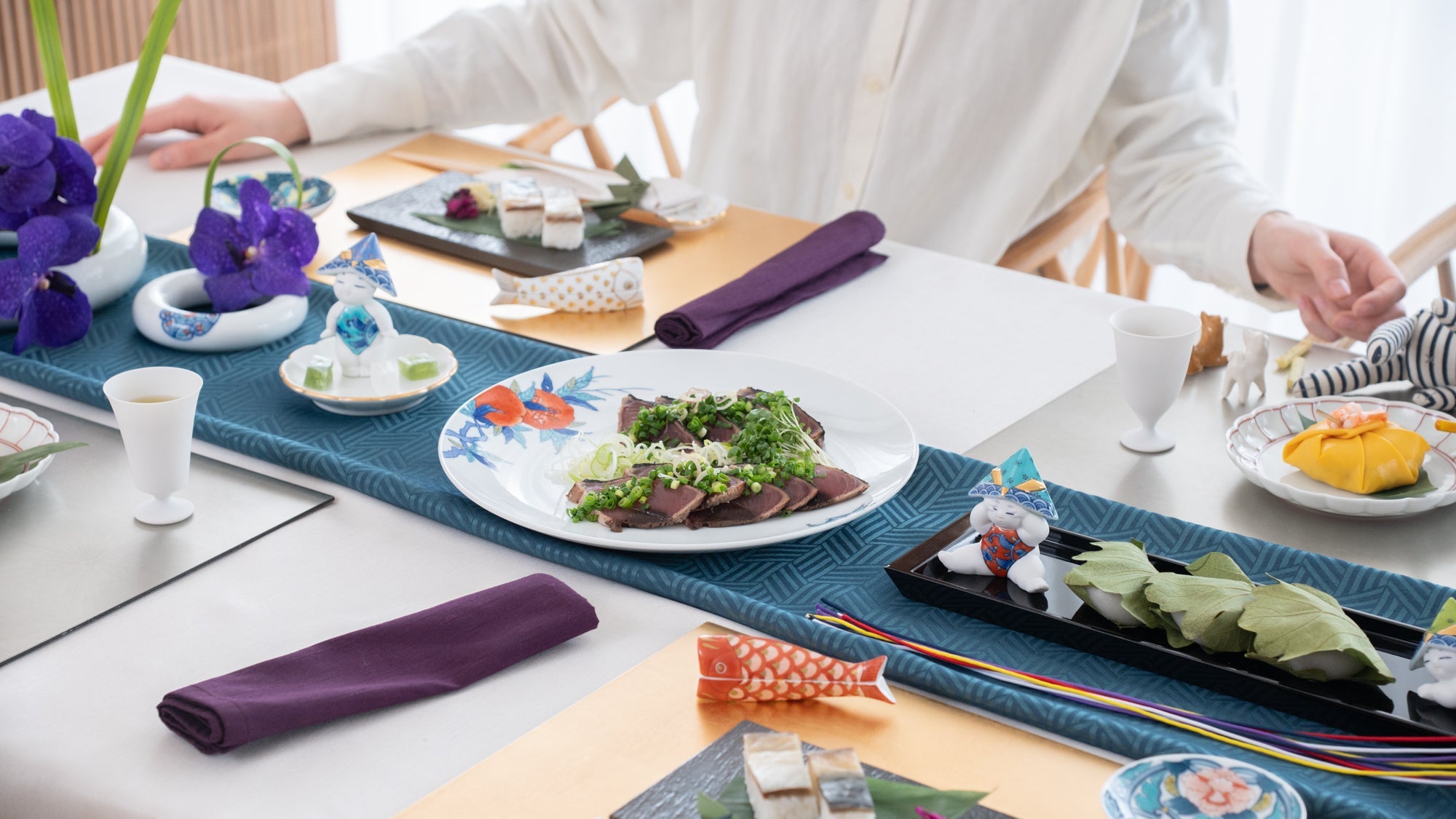
Beautfiul Tradition Enjoyed with Imari Nabeshima Ware
A festive tabletop adorned with traditional Japanese colors and motifs. We prepared the table for a special family gathering to celebrate "Tango-no-Sekku," Boy's Day. It is a day where the healthy growth and happiness of our little ones are celebrated all throughout Japan.
Learn a little bit about Boy's Day, and explore how this stunning tabletop design can be adapted for special meals at your home.
Filters
Yellow Perfect Fit Dishwasher Safe Wakasa Lacquer Reusable Chopsticks
Sale price$11.00 USD
Awaji Knot Chopstick Rest
Sale priceFrom $22.00 USD
Boys' Festival Small Standing Gosho Doll
Sale price$154.00 USD
Lustrous Rectangle Serving Tray
Sale price$84.00 USD
HAKU LA TABLE Gold Placemat
Sale price$154.00 USD
Black Kokuto Rectangle Dinner Plate
Sale price$34.00 USD
HAKU LA TABLE Silver Placemat
Sale price$154.00 USD
Red Carp Streamer Small Box
Sale price$154.00 USD
Boys' Festival Small Resting Gosho Doll
Sale price$154.00 USD
Boys' Festival Small Sitting Gosho Doll
Sale price$154.00 USD
Chrysanthemum Sauce Plate
Sale price$48.00 USD
Nabeshima Tortoiseshell Pattern Sakazuki Flat Sake Cup
Sale price$518.00 USD
Nabeshima Chinese Flowers Sakazuki Flat Sake Cup
Sale price$518.00 USD
Nabeshima Kaleidoscope Ring Flower Vase L
Sale price$277.00 USD
Blanc En Tall Sake Cup
Sale price$128.00 USD
Blanc Rin Tall Sake Cup
Sale price$128.00 USD
White Carp Streamer Small Box
Sale price$154.00 USD
Nabeshima Pomegranate Dinner Plate
Sale price$250.00 USD
Blue Carp Streamer Small Box
Sale price$154.00 USD
Nabeshima Kaleidoscope Ring Flower Vase S
Sale price$154.00 USD
Awaji Mizuhiki Chopsticks (Set of 3 Pairs)
Sale price$29.00 USD
Kinsai Black Glaze Japanese Flower Vase
Sale price$176.00 USD
Blanc Sui Tall Sake Cup
Sale price$128.00 USD


